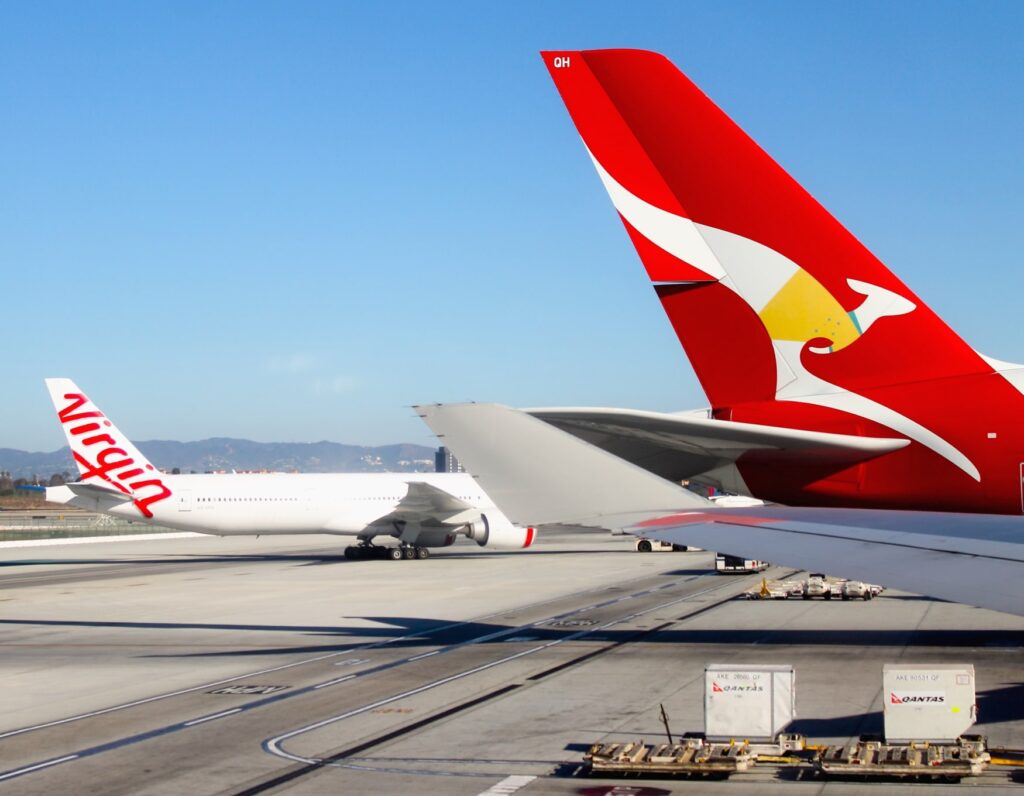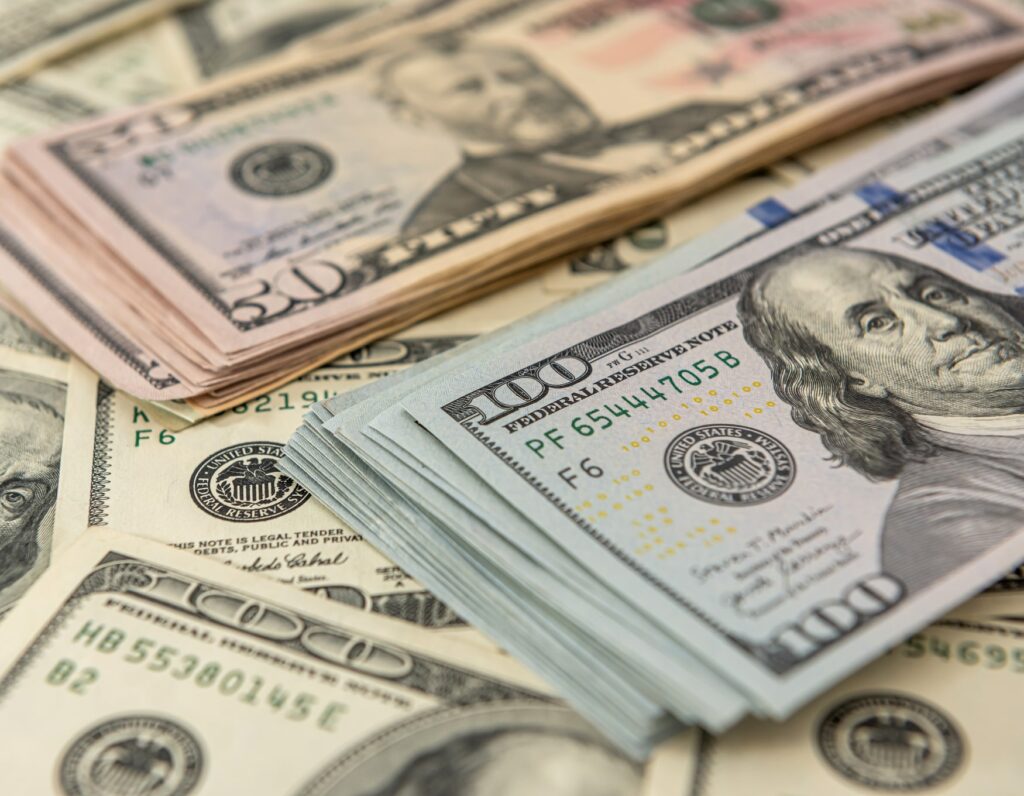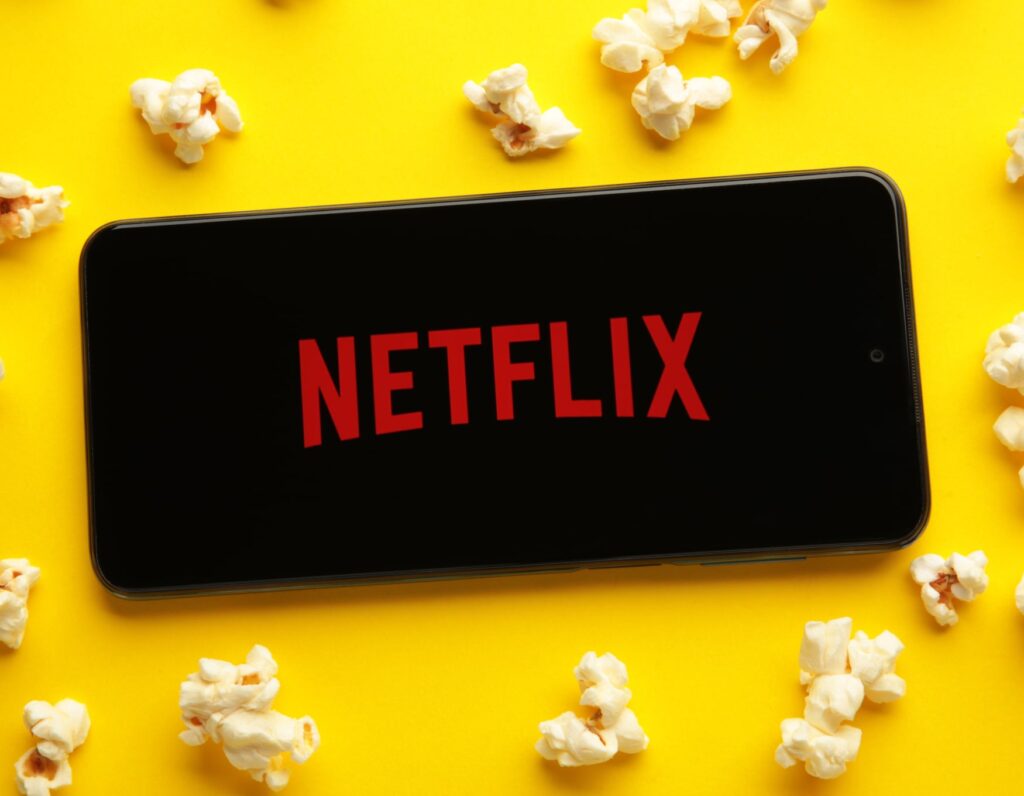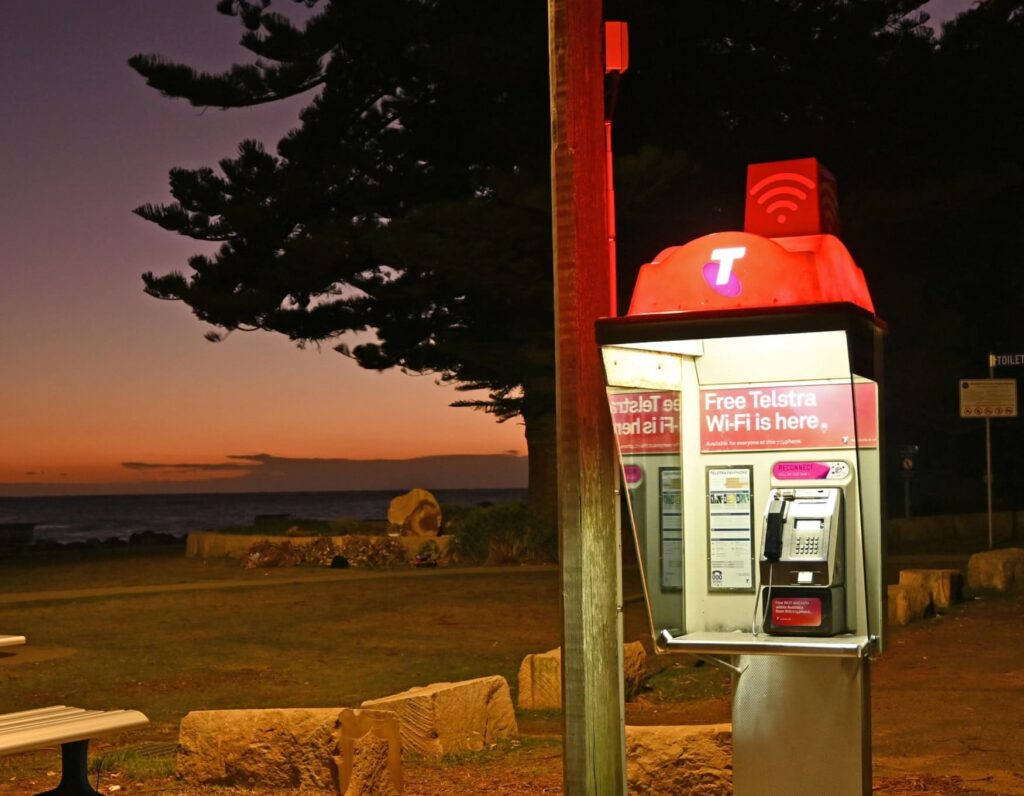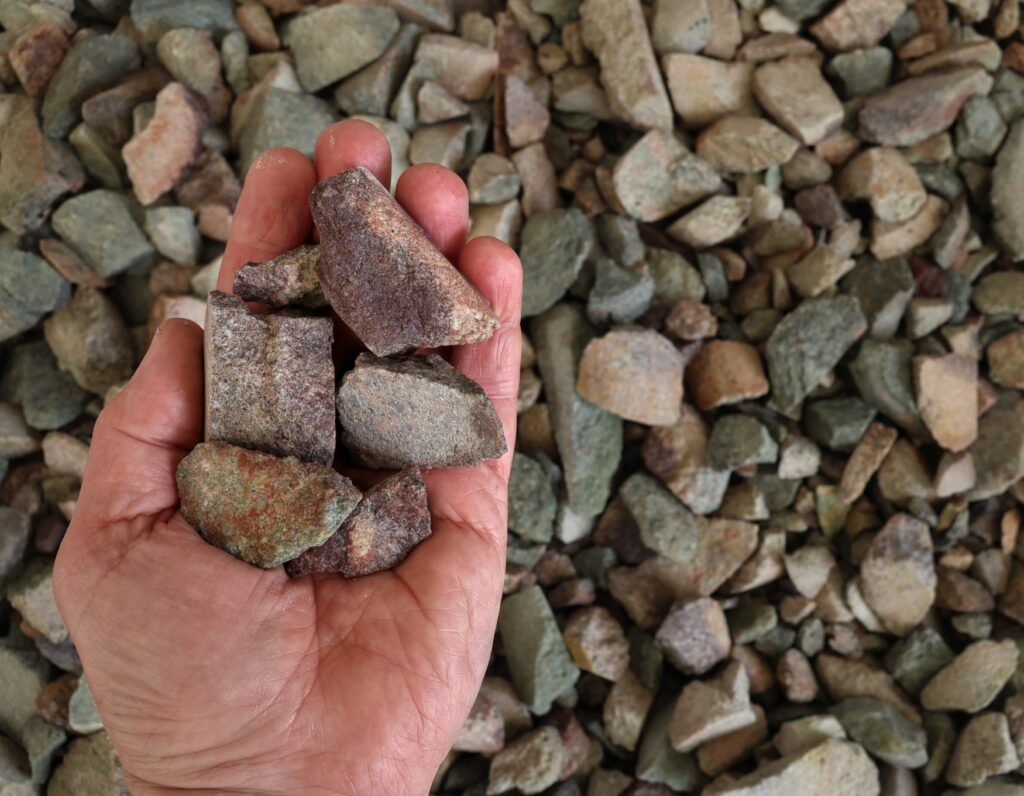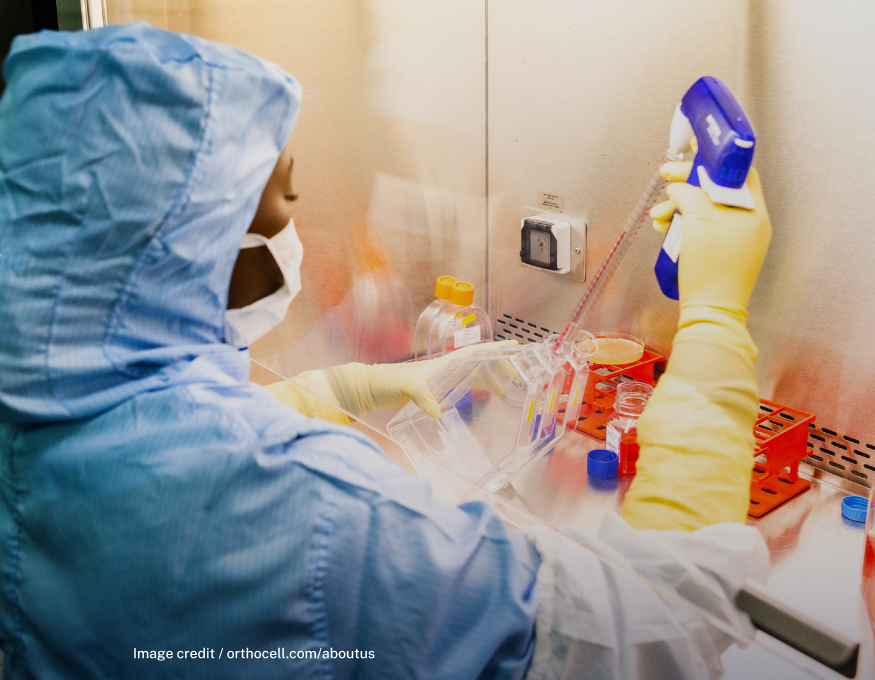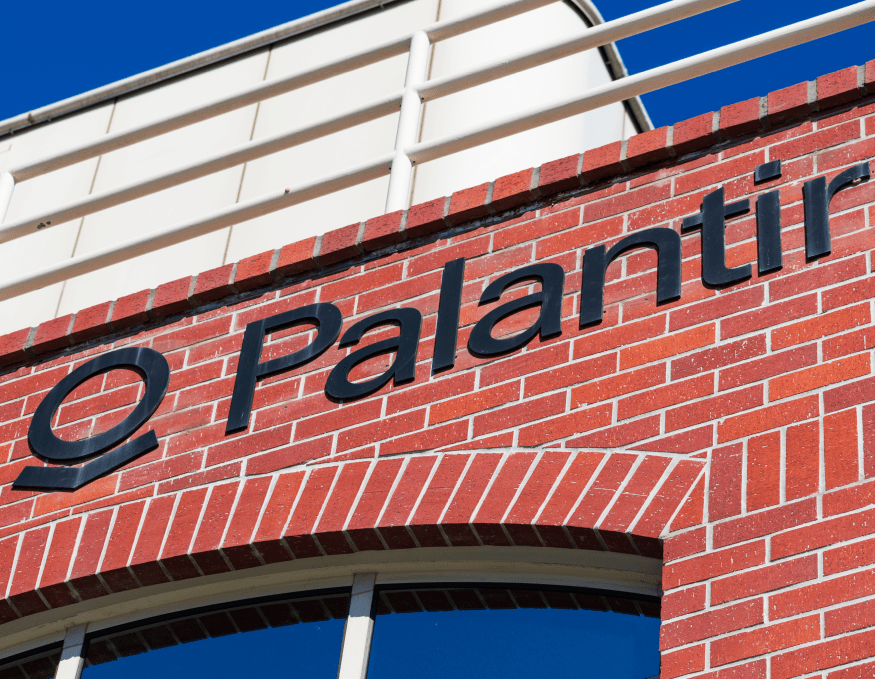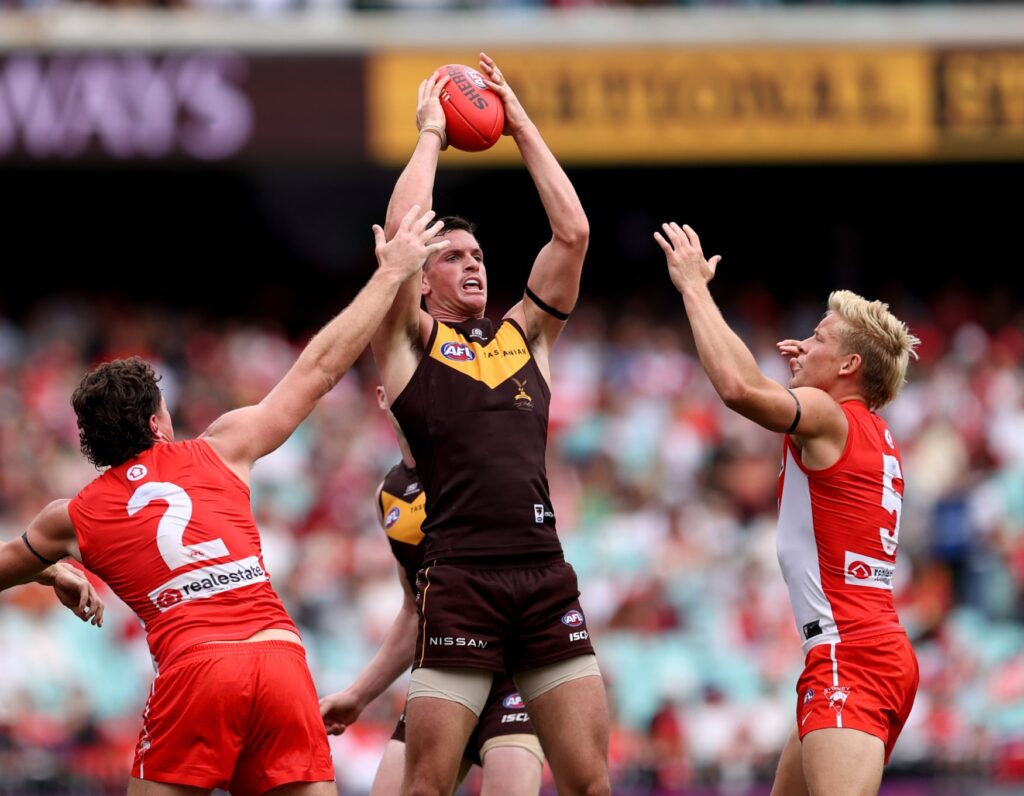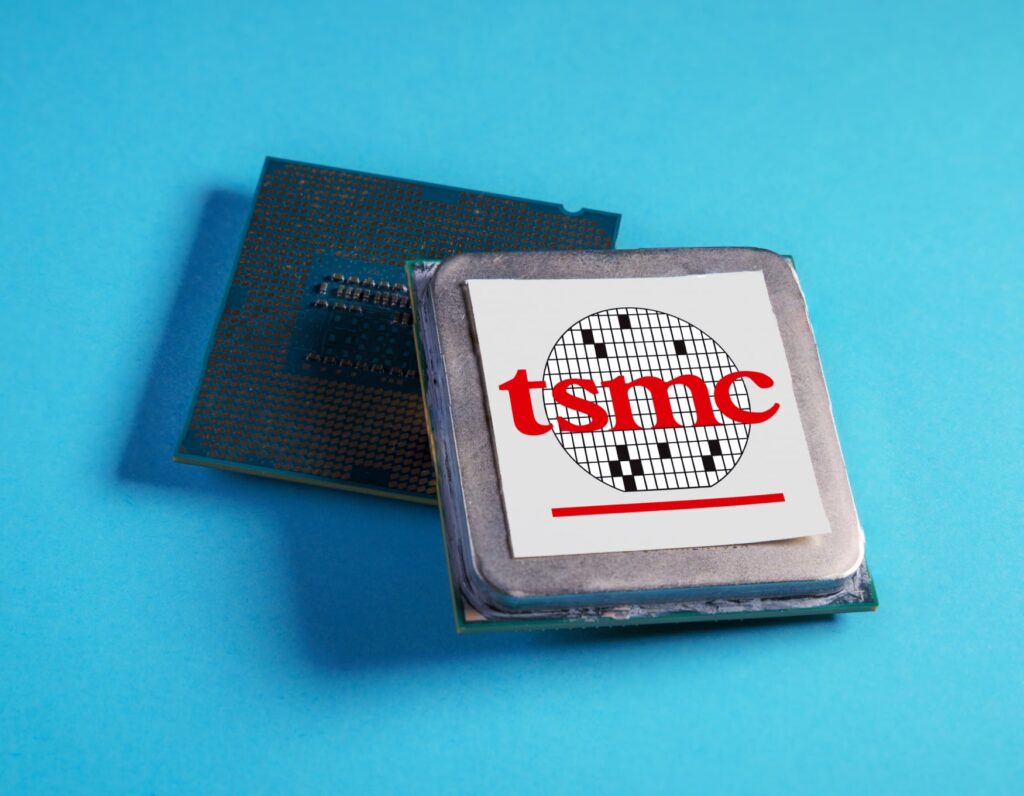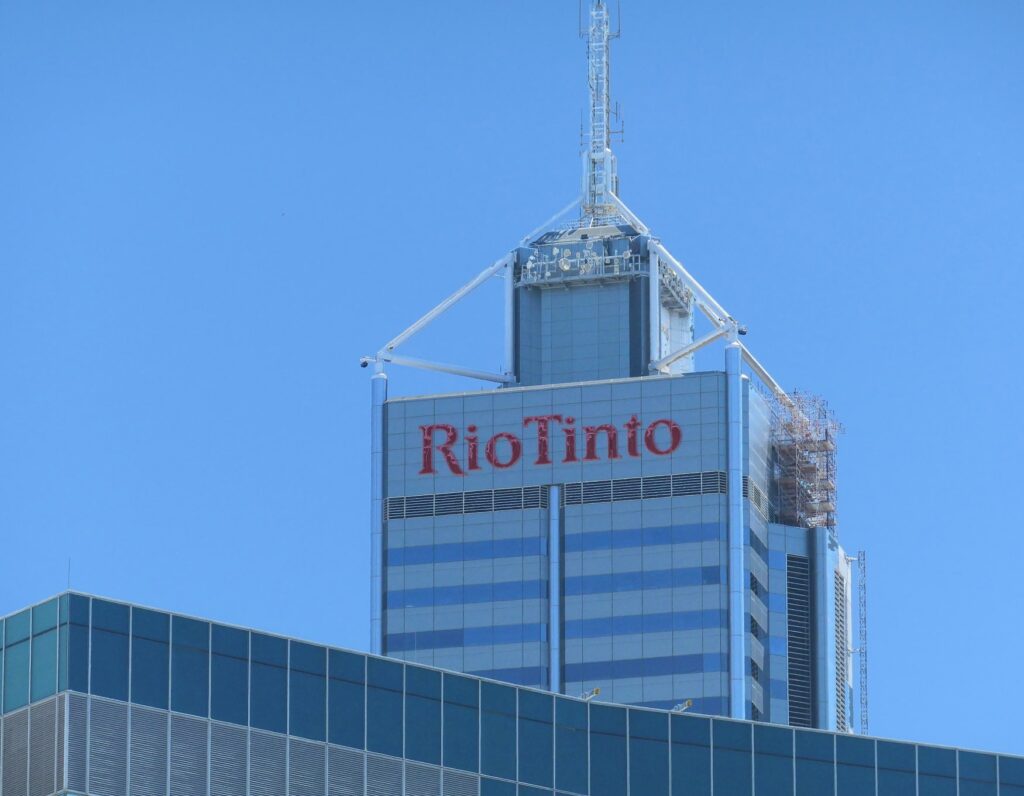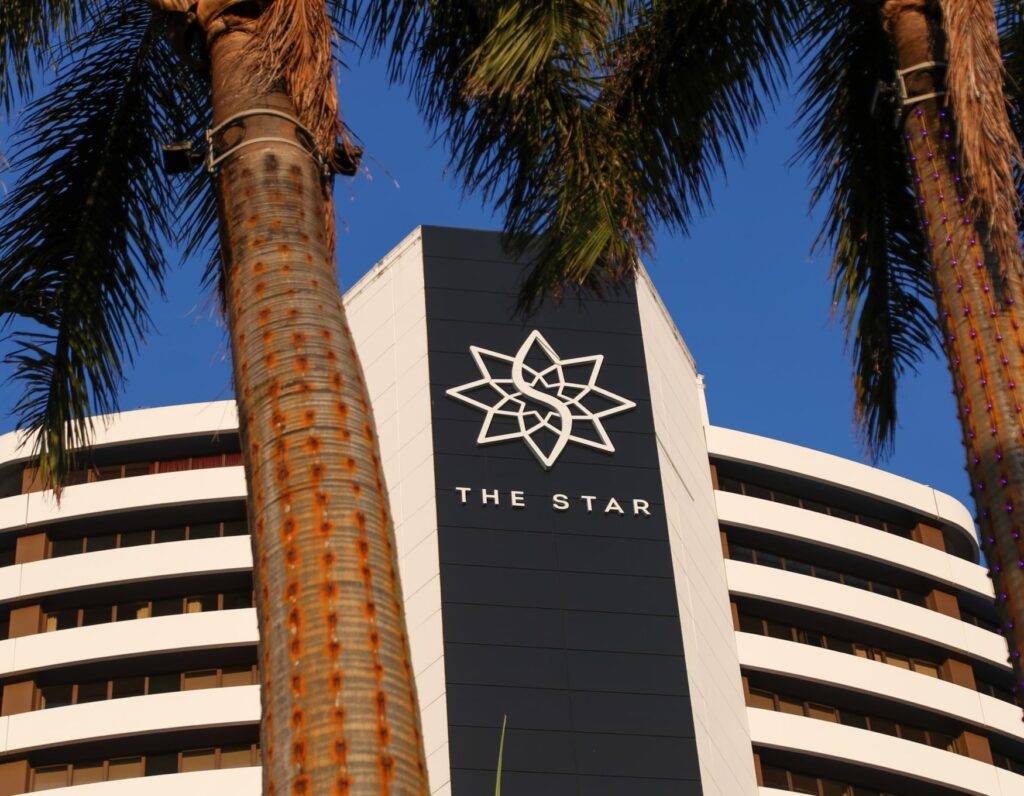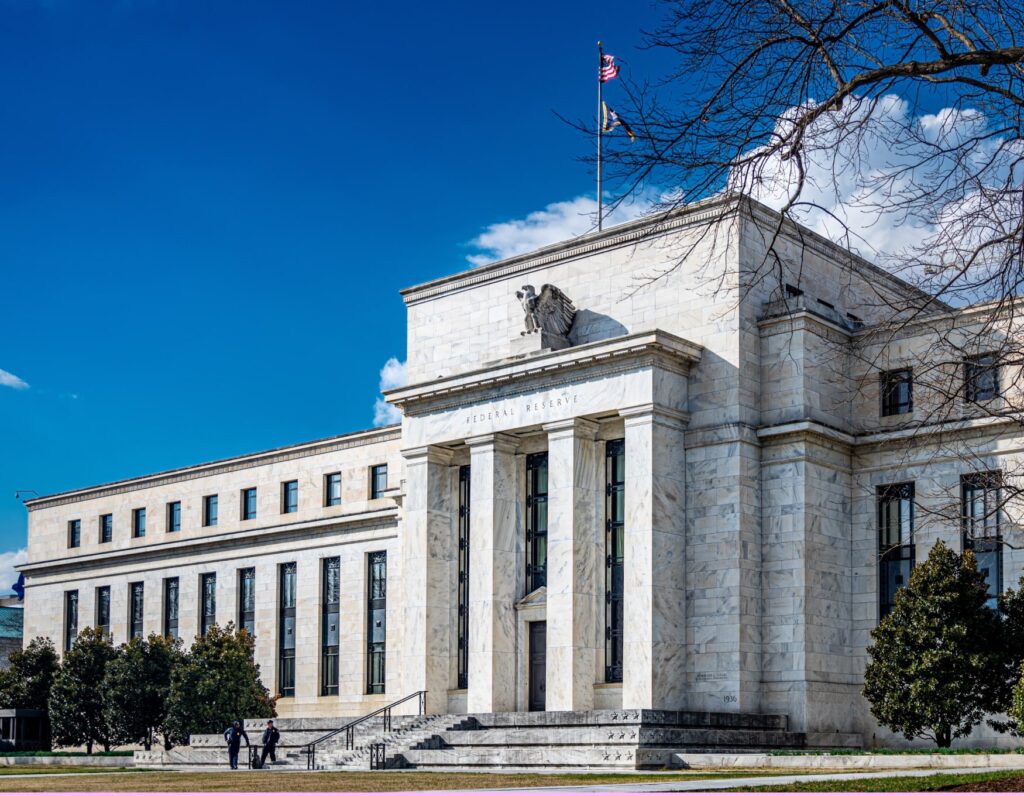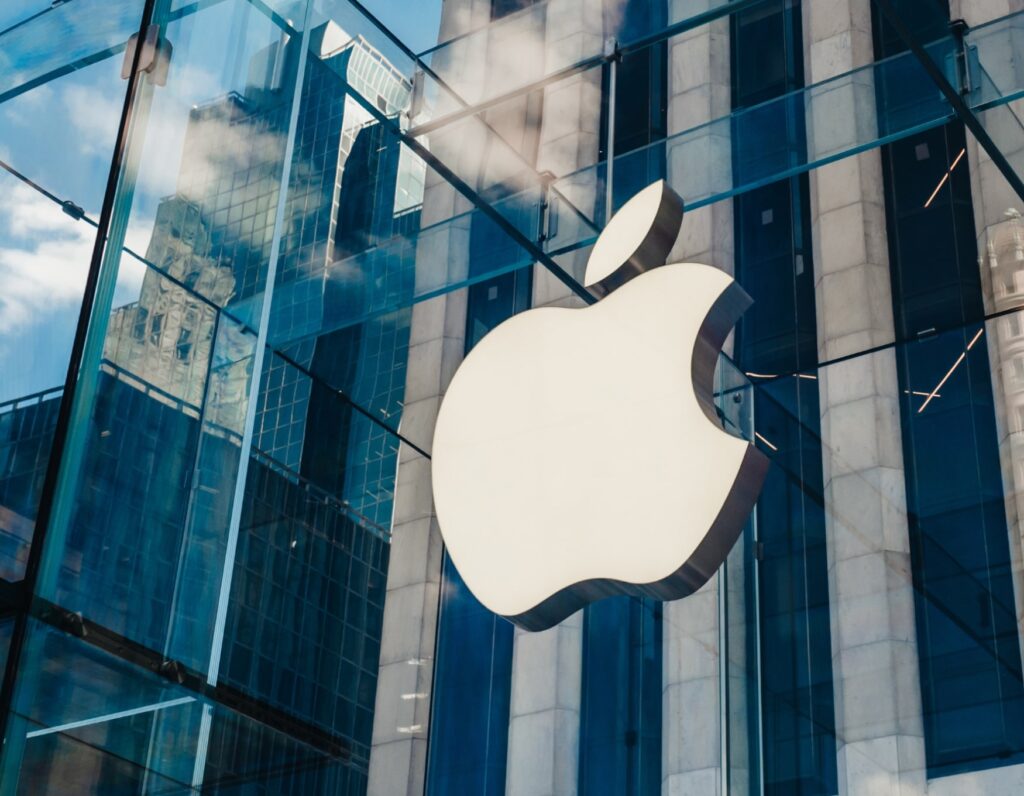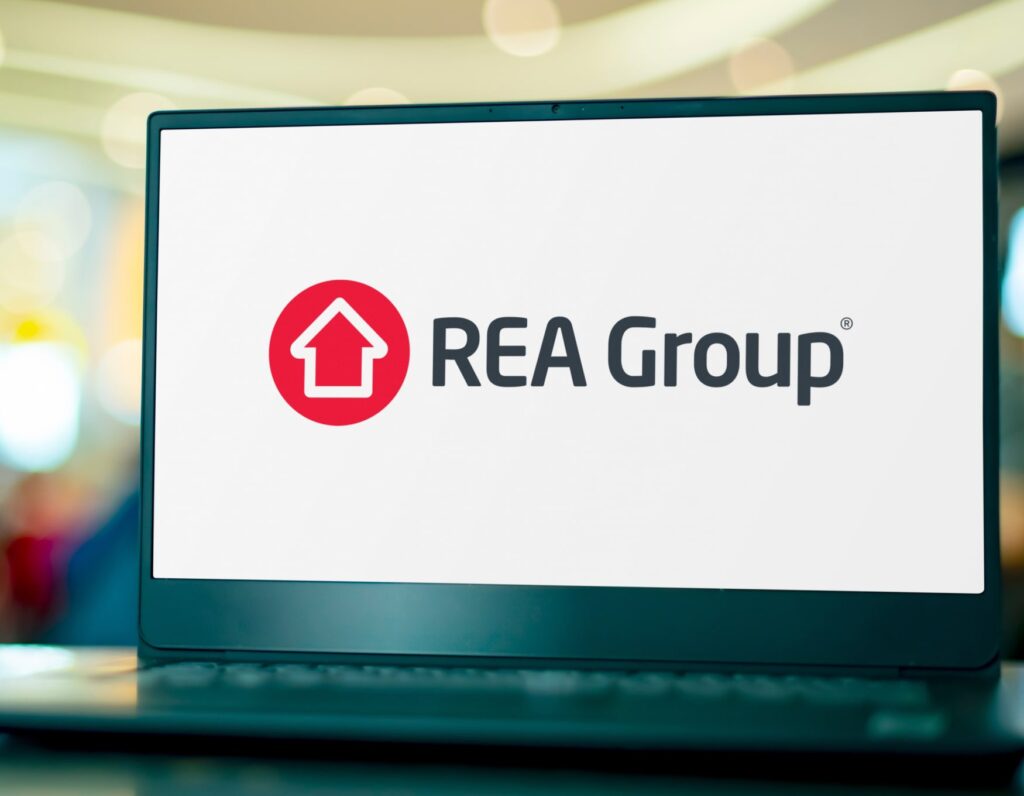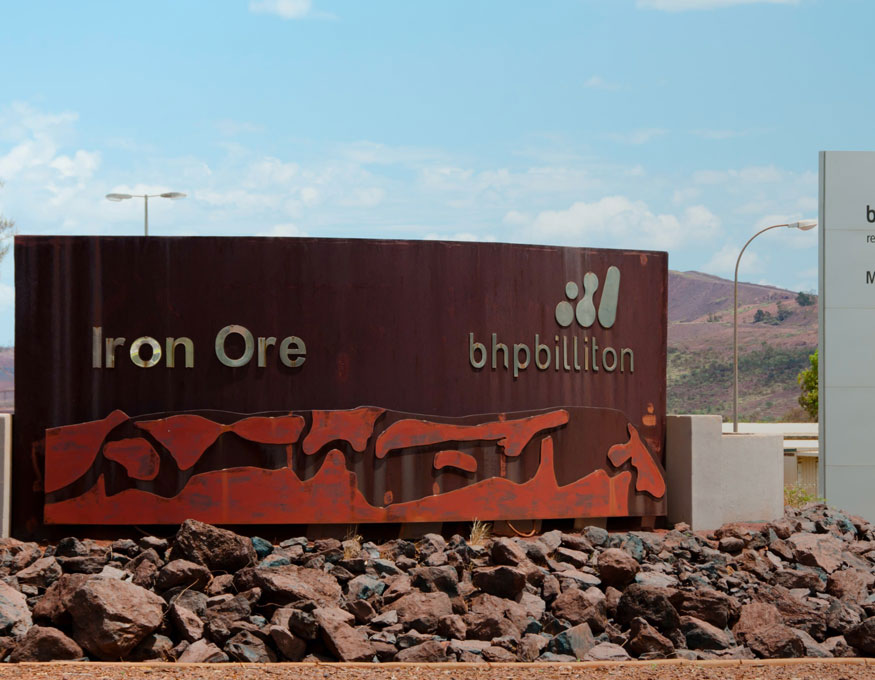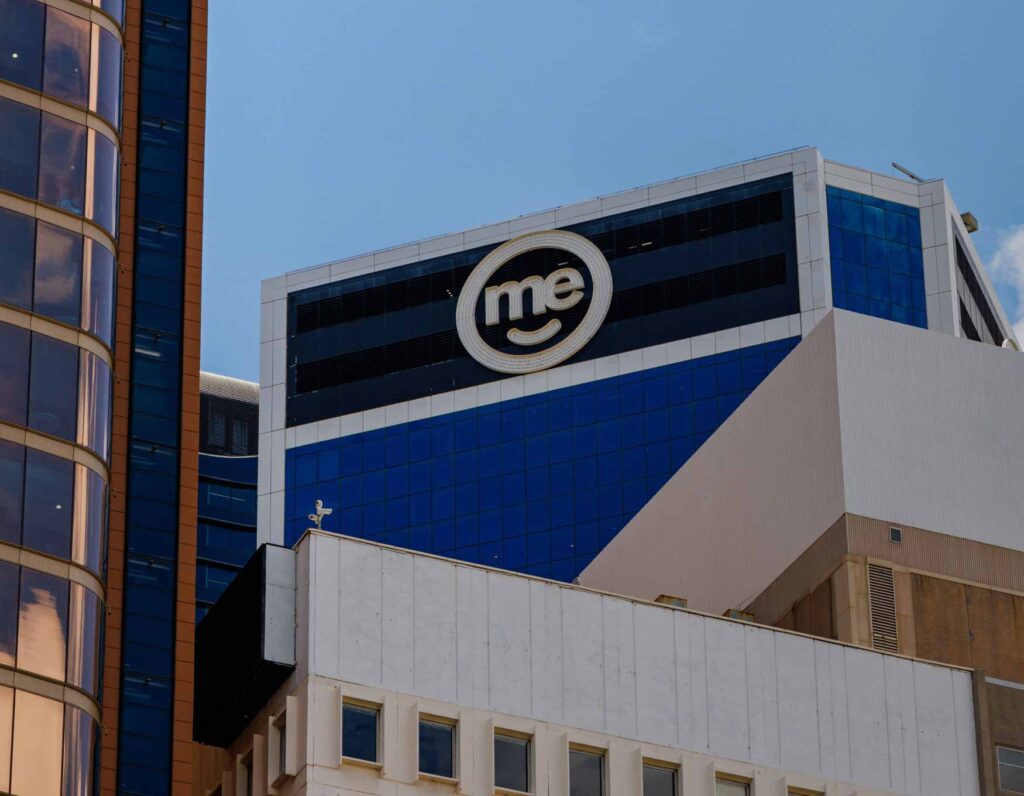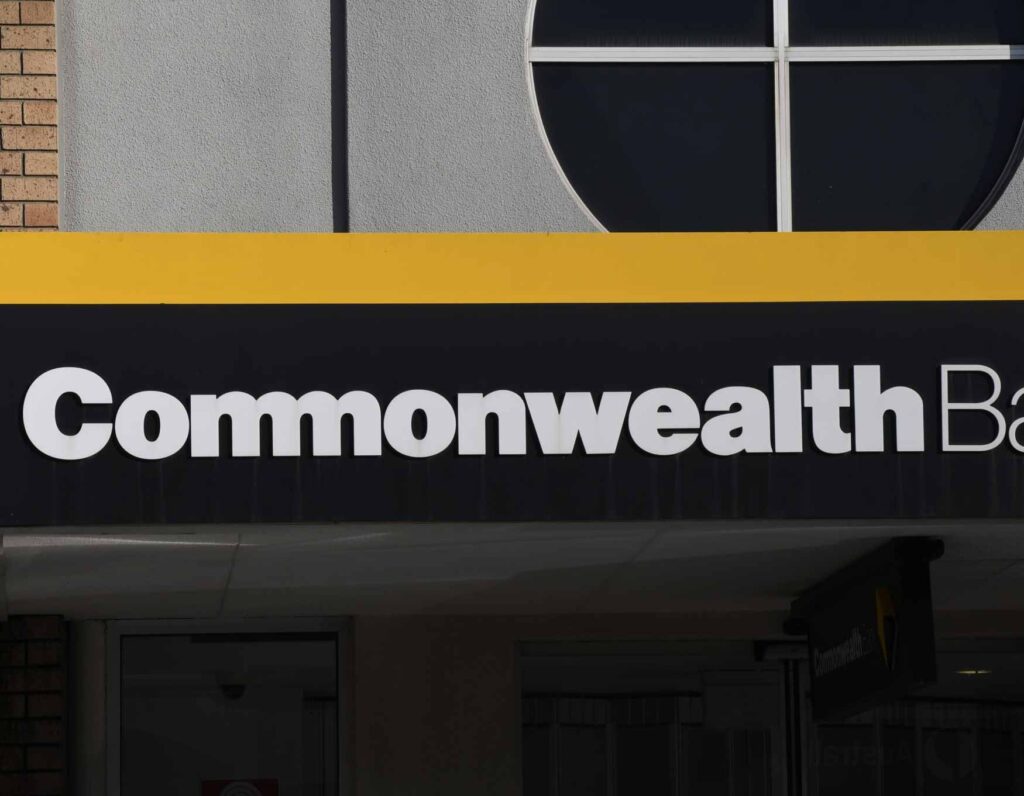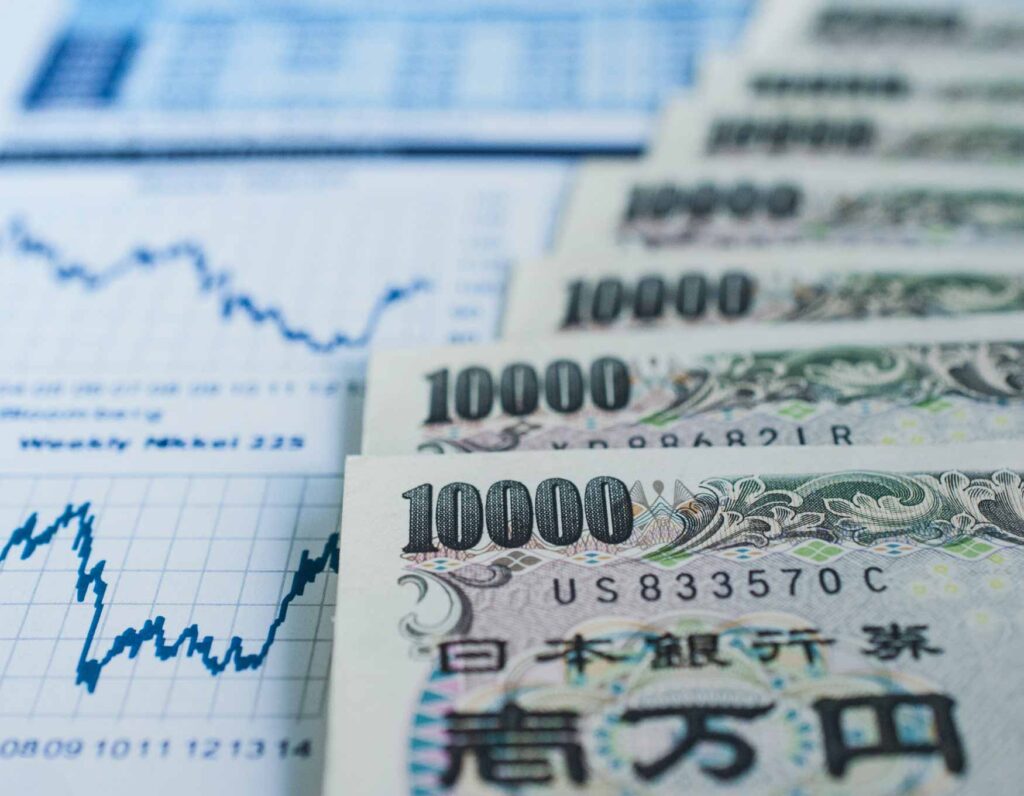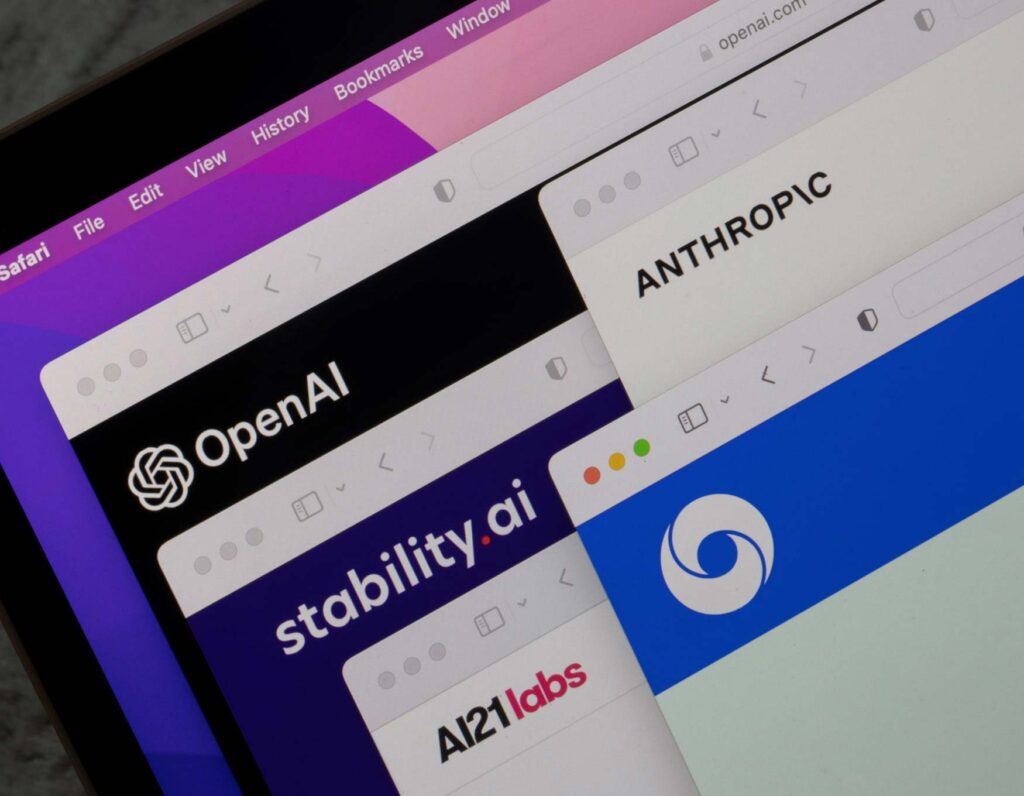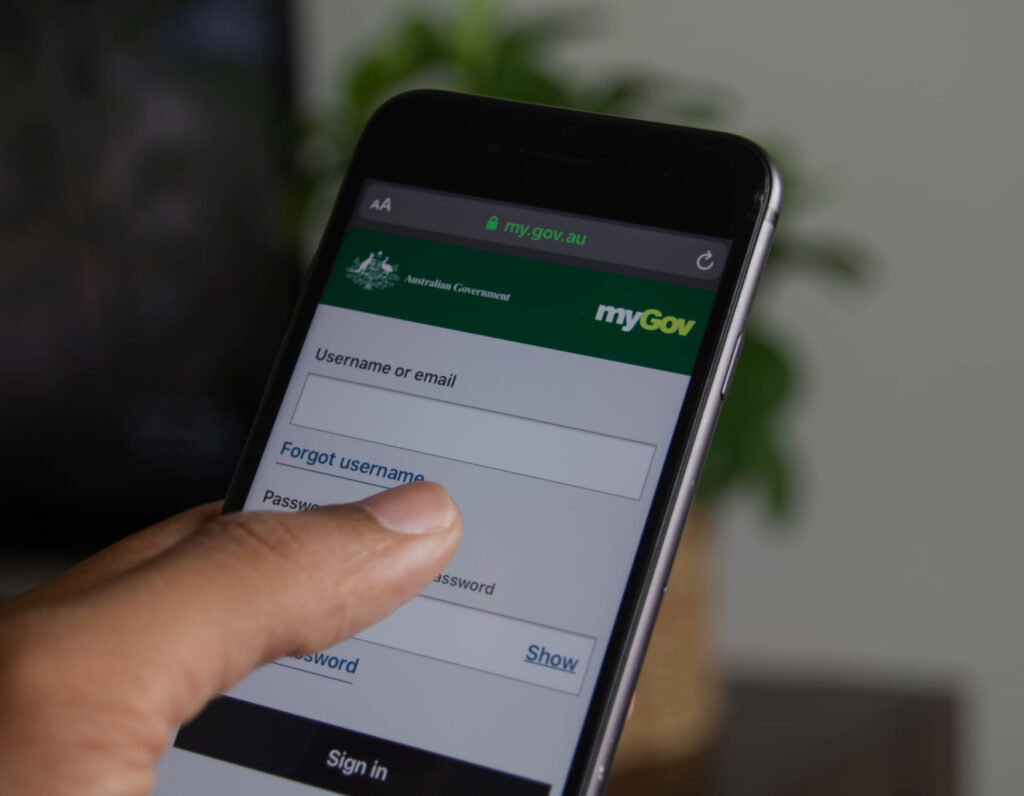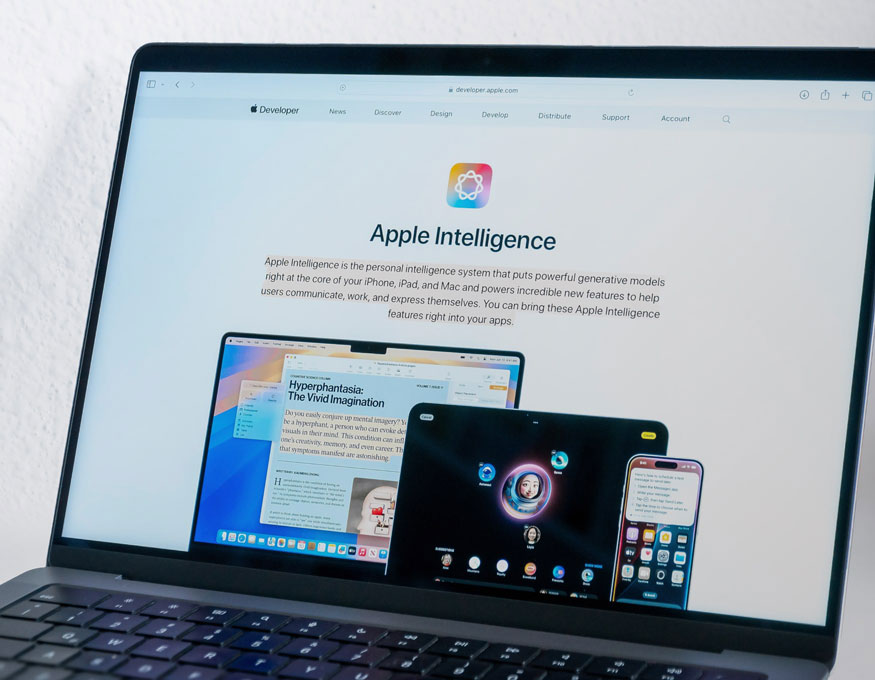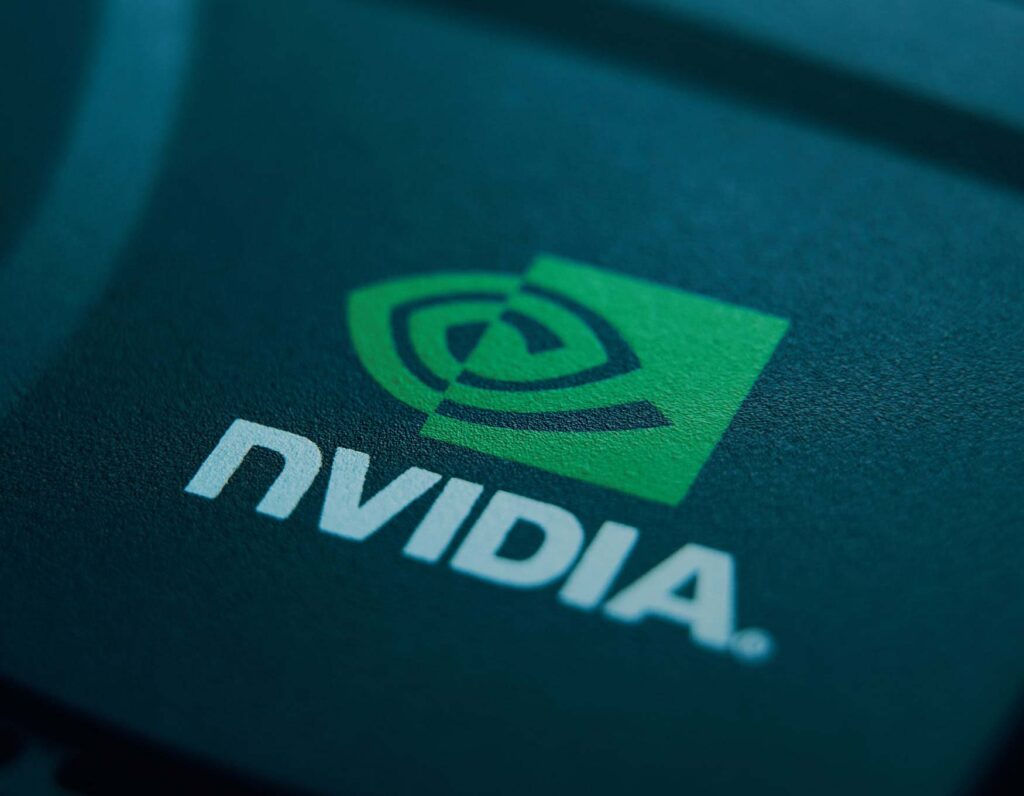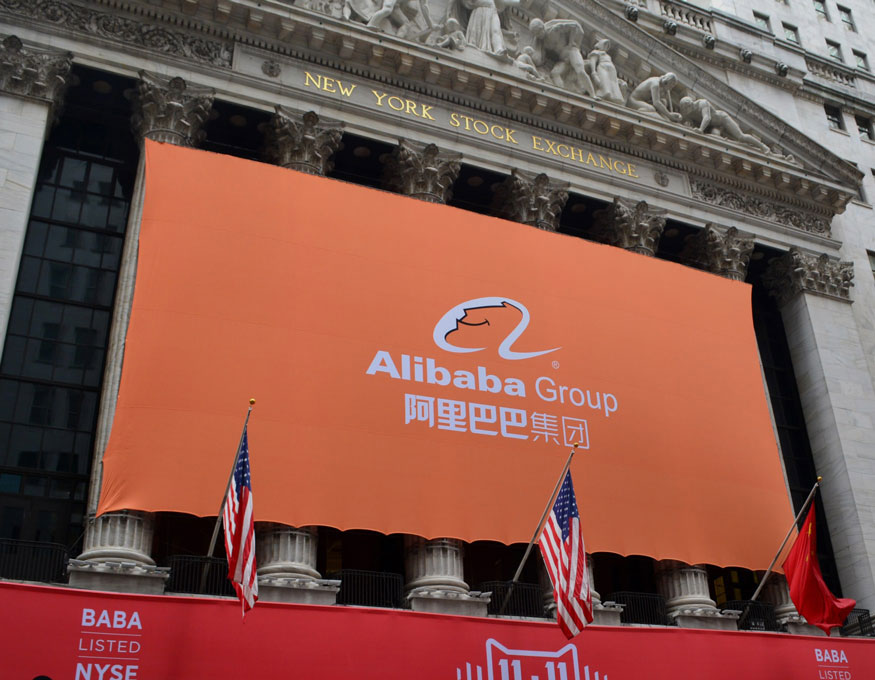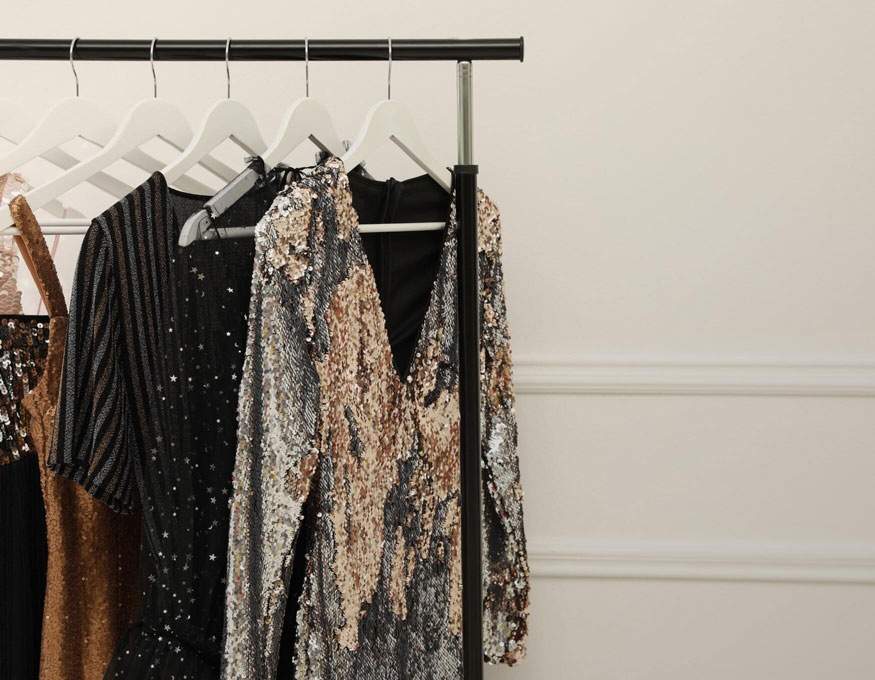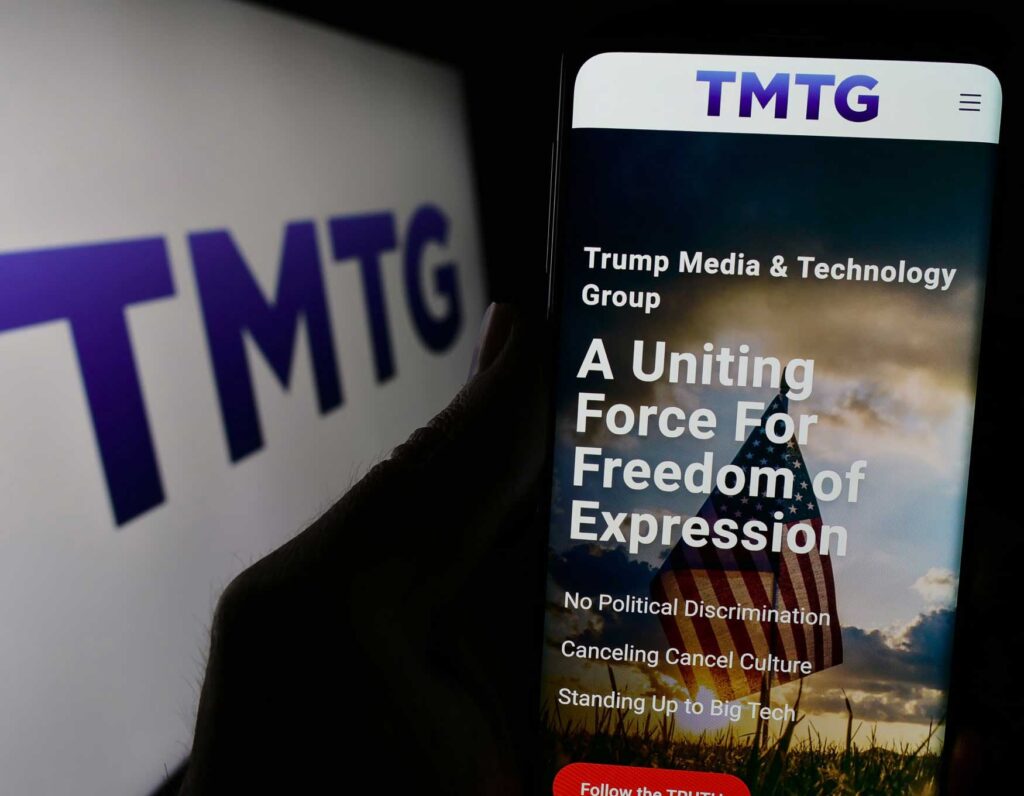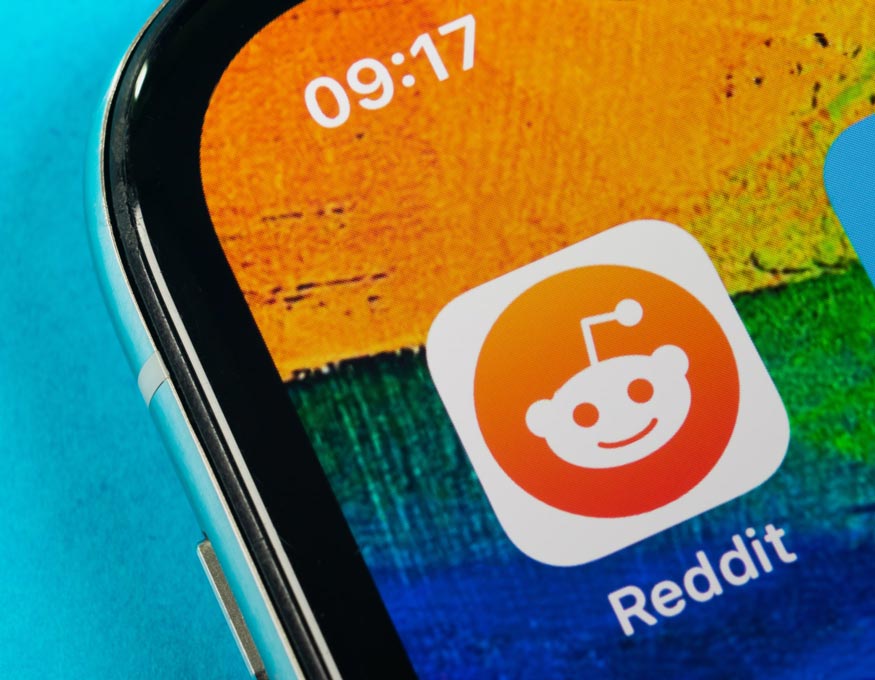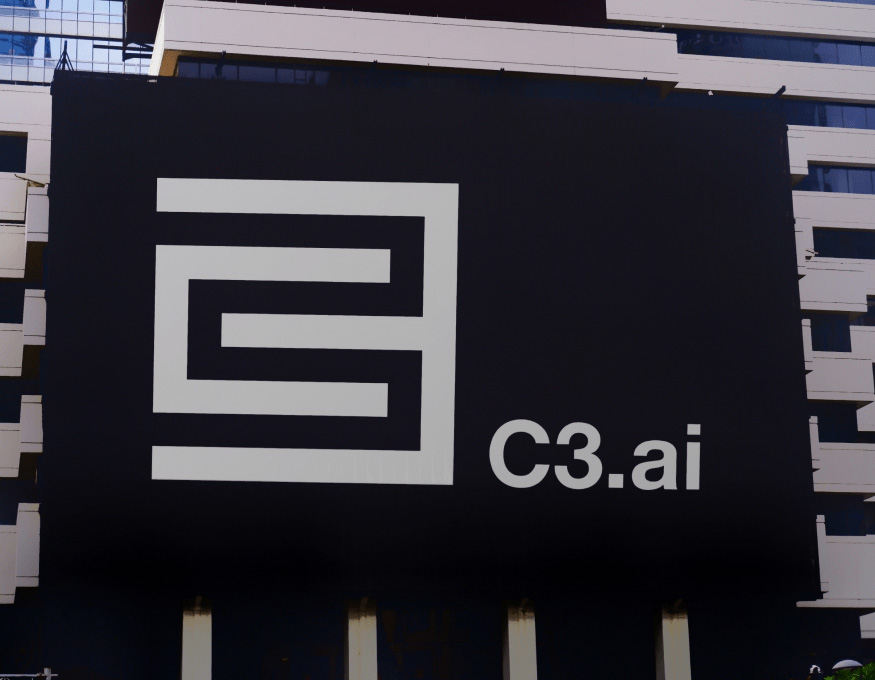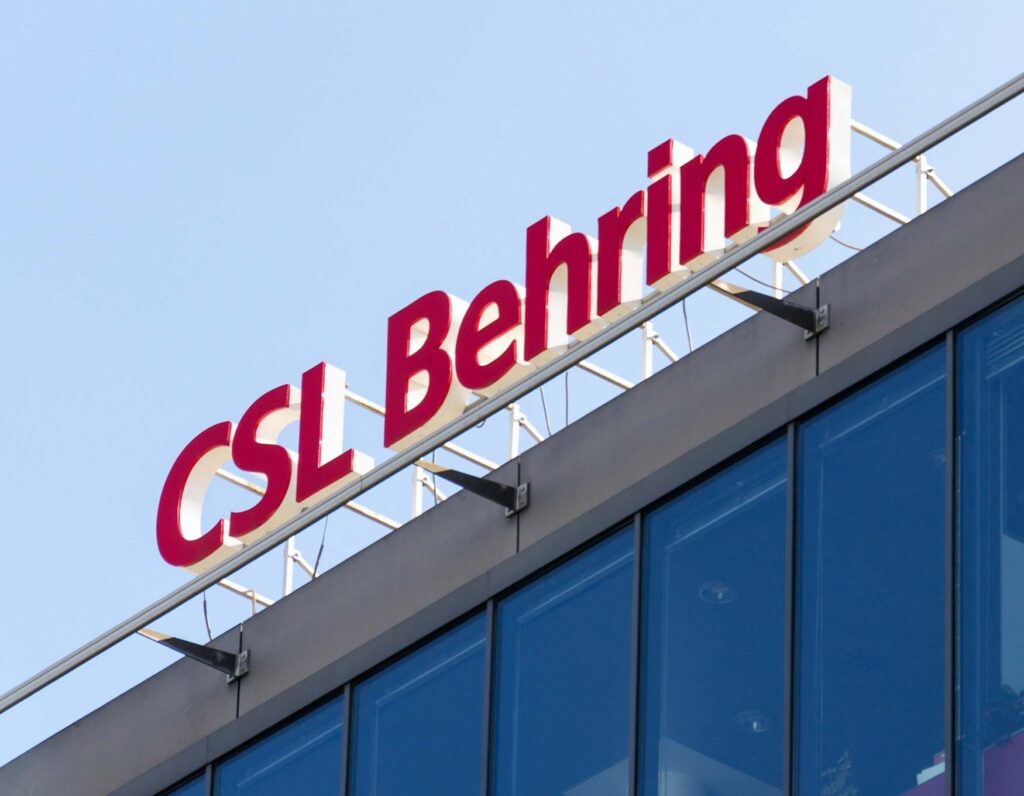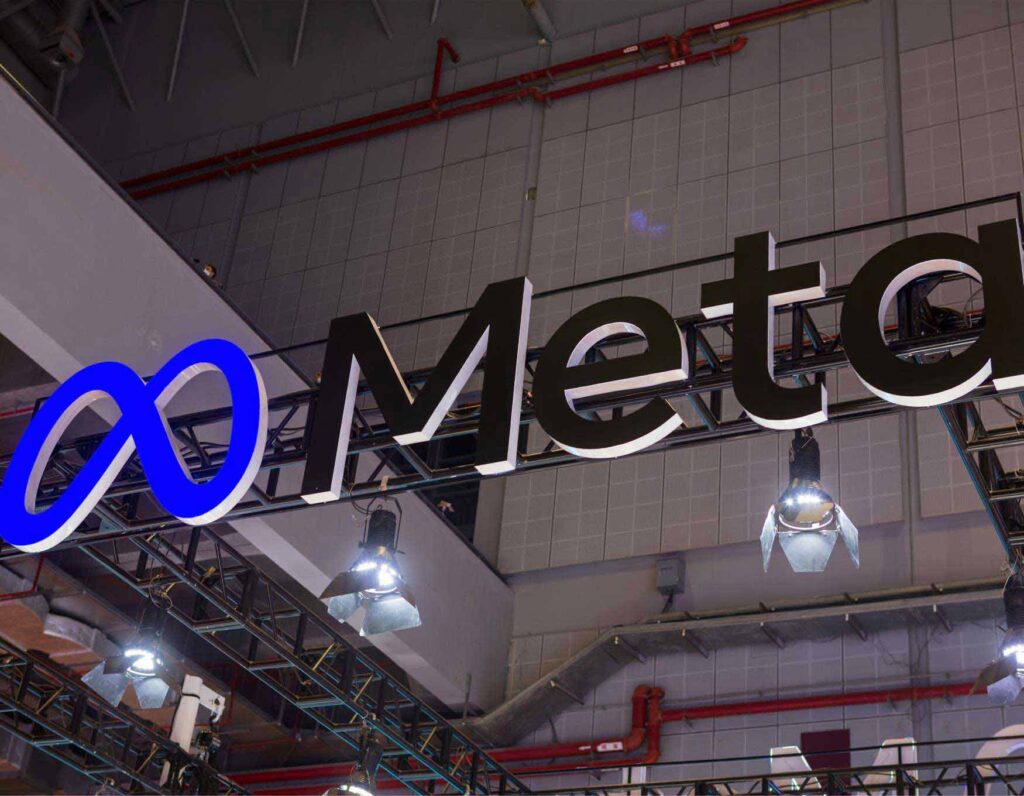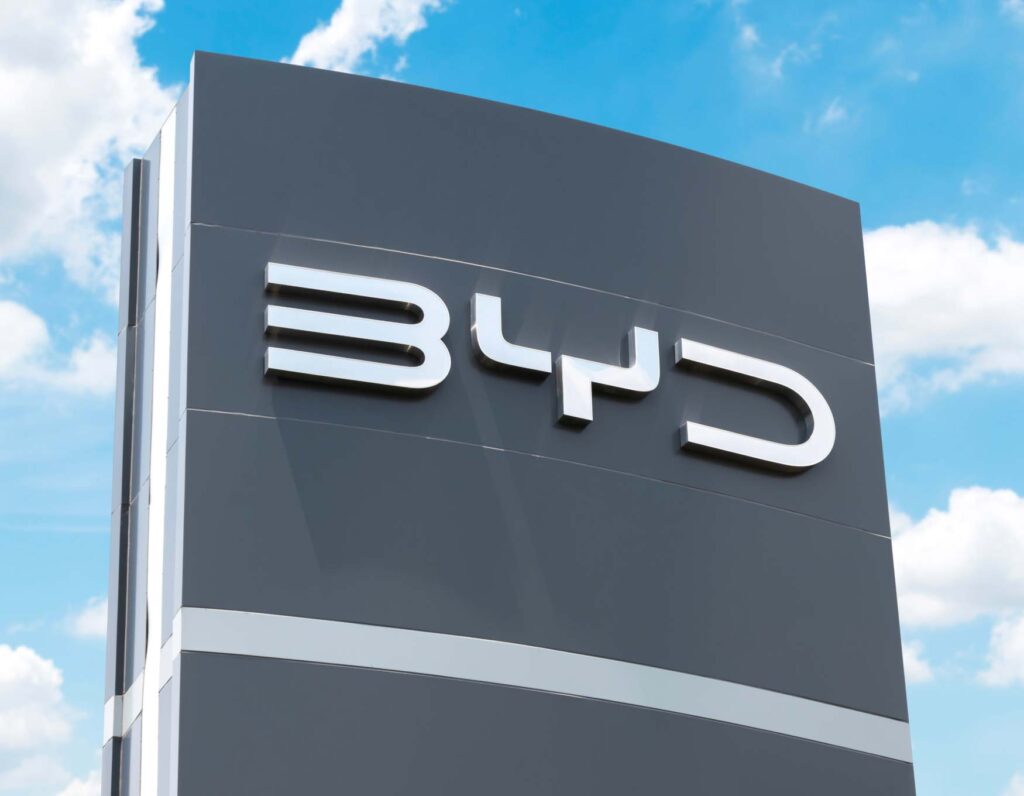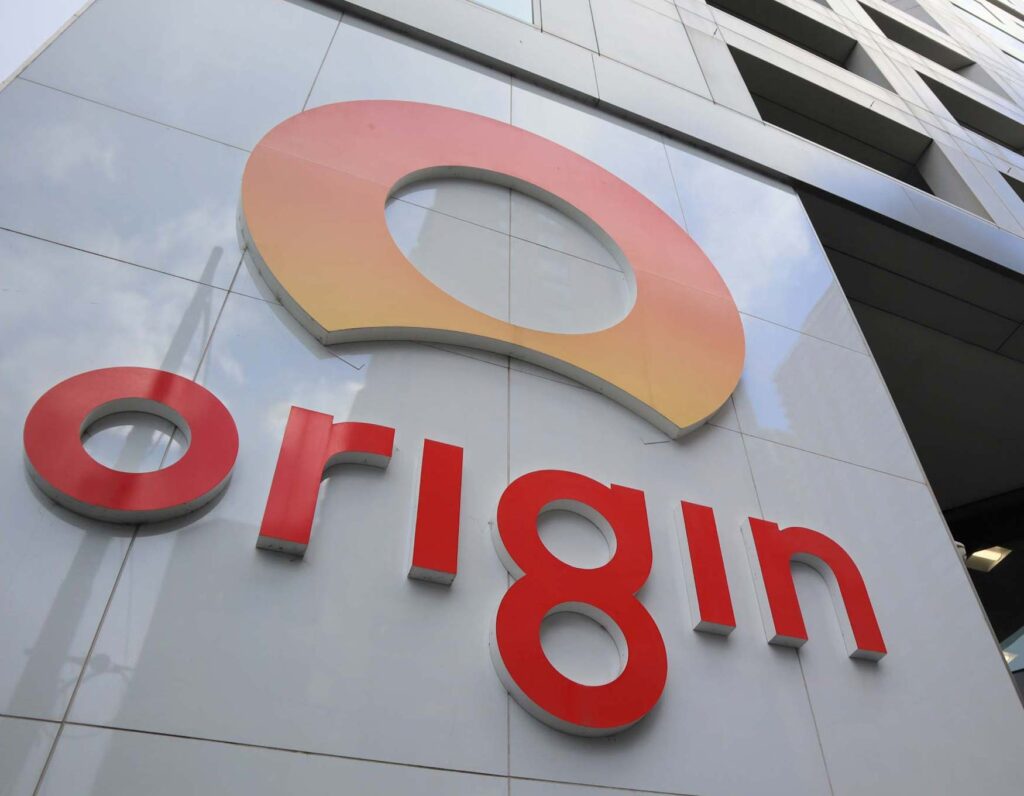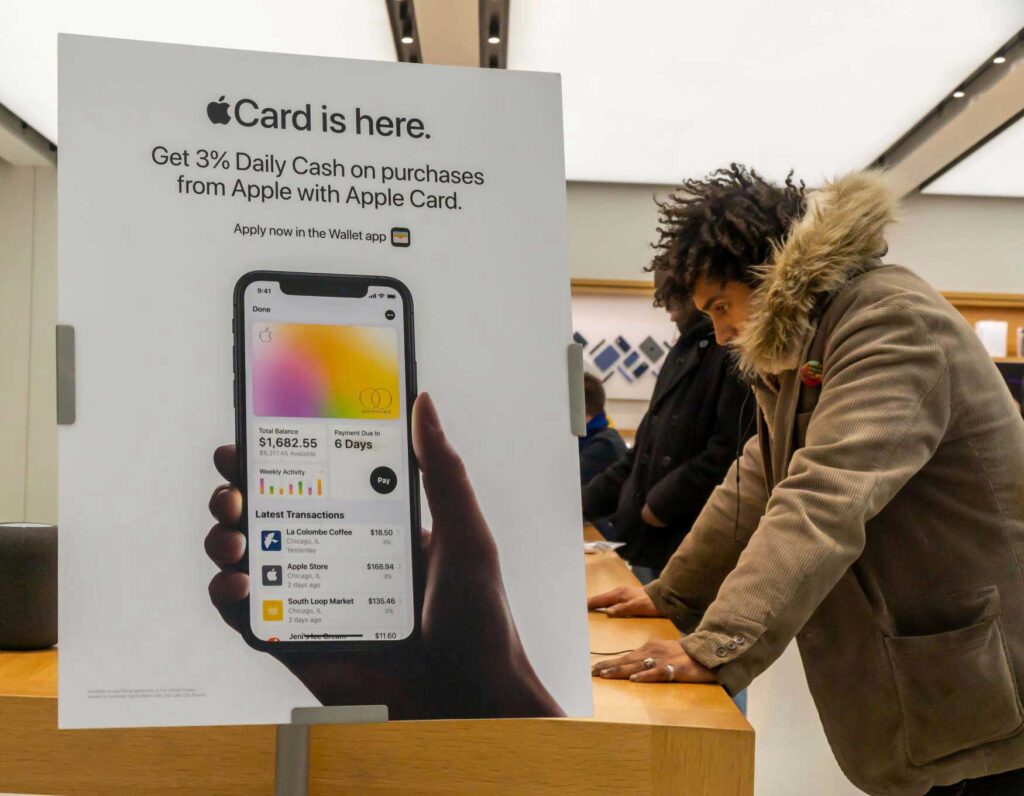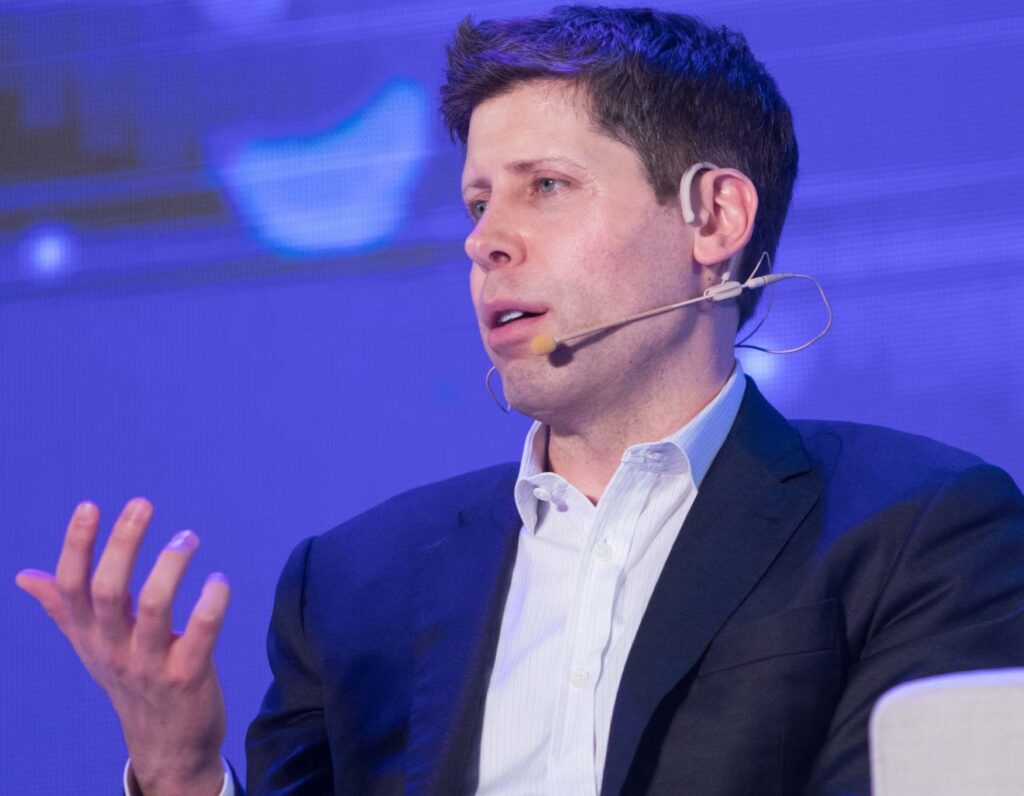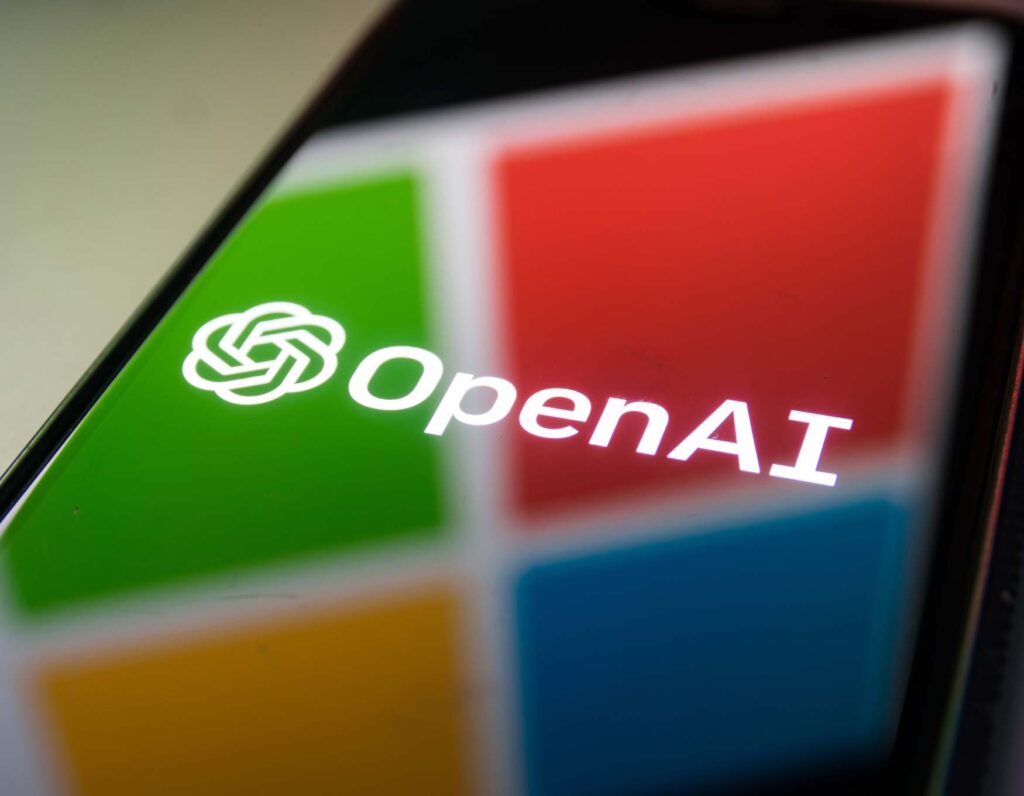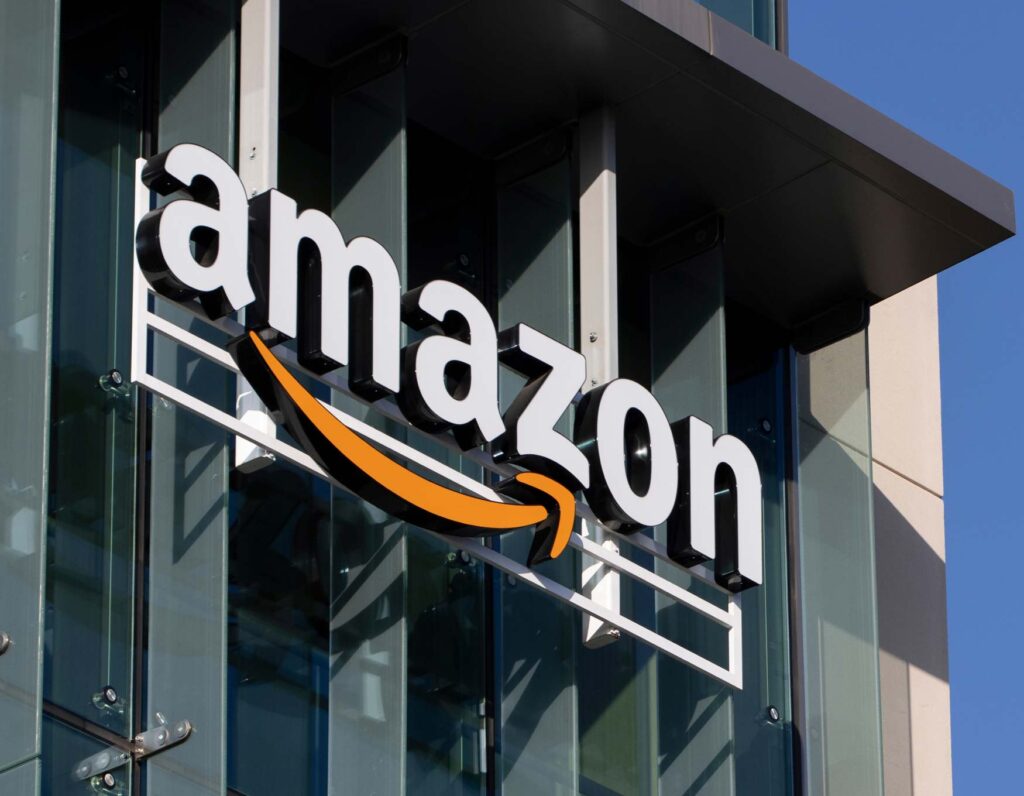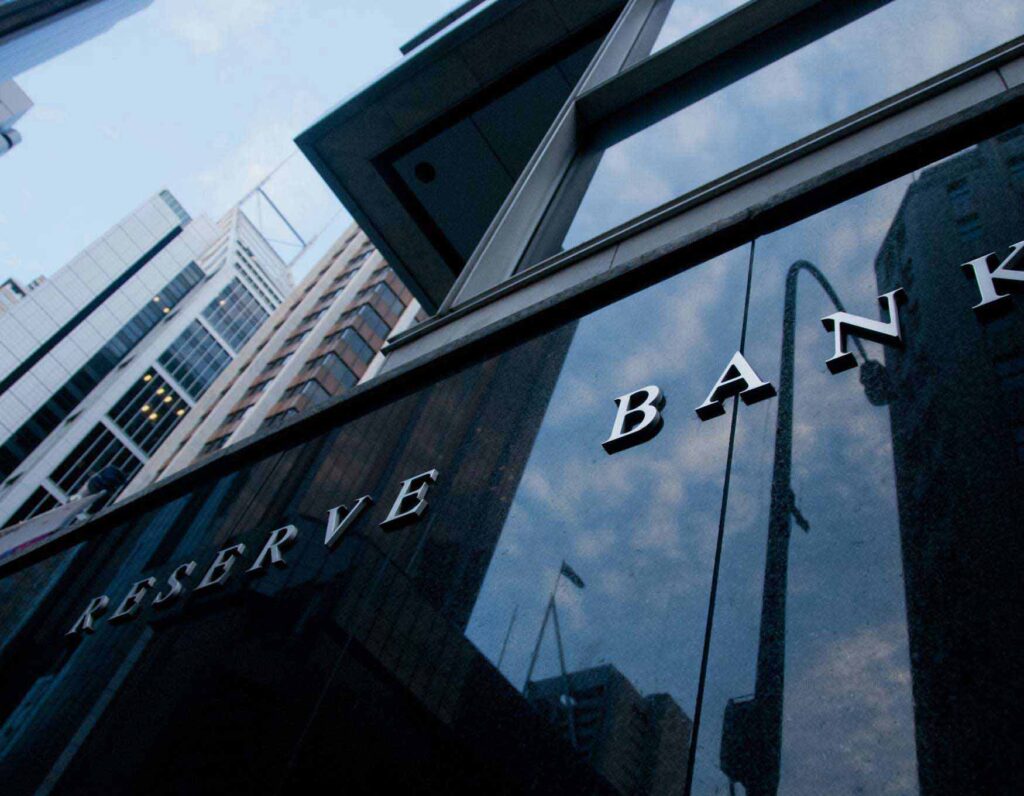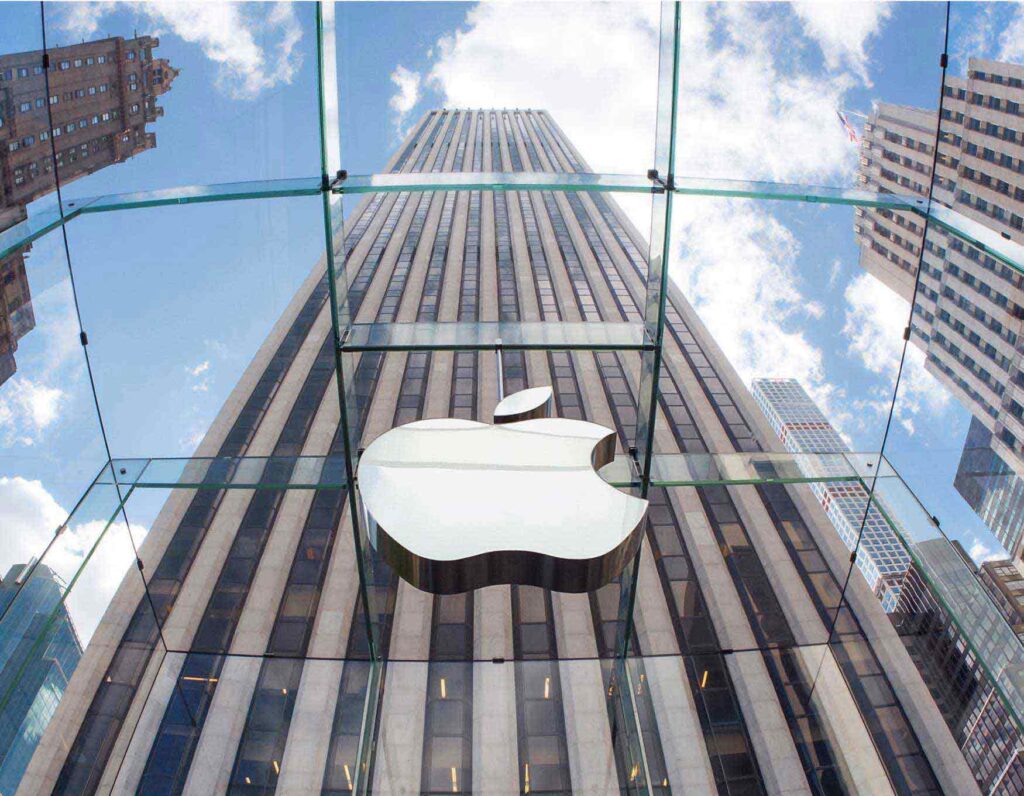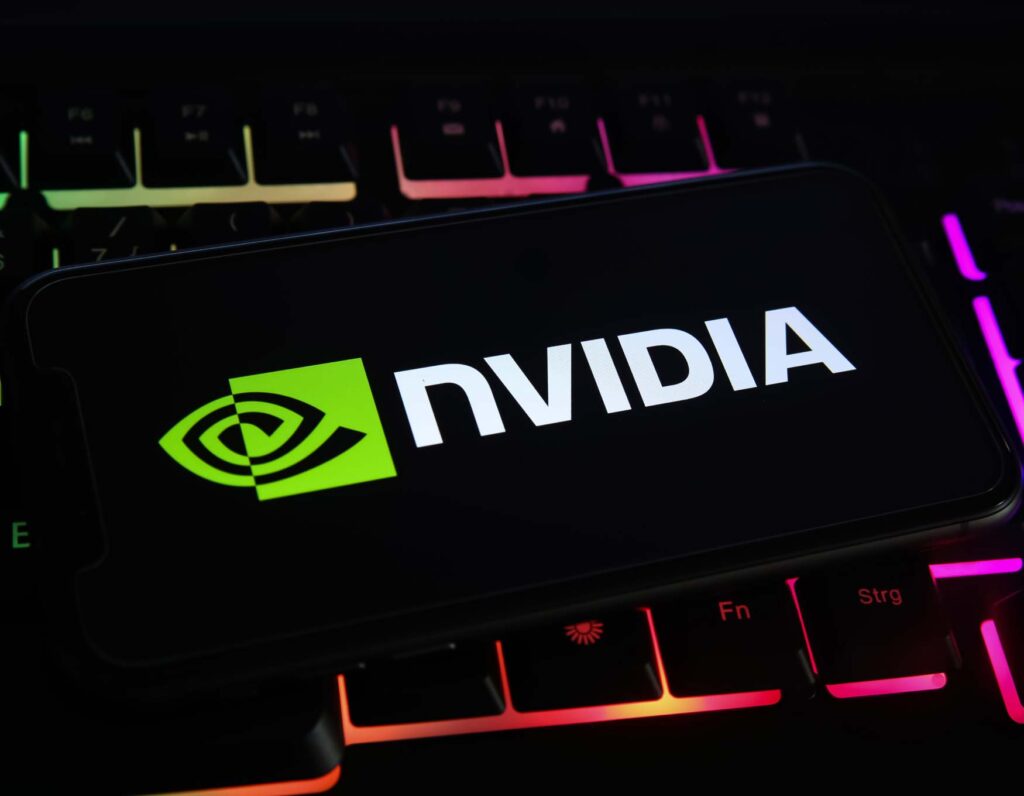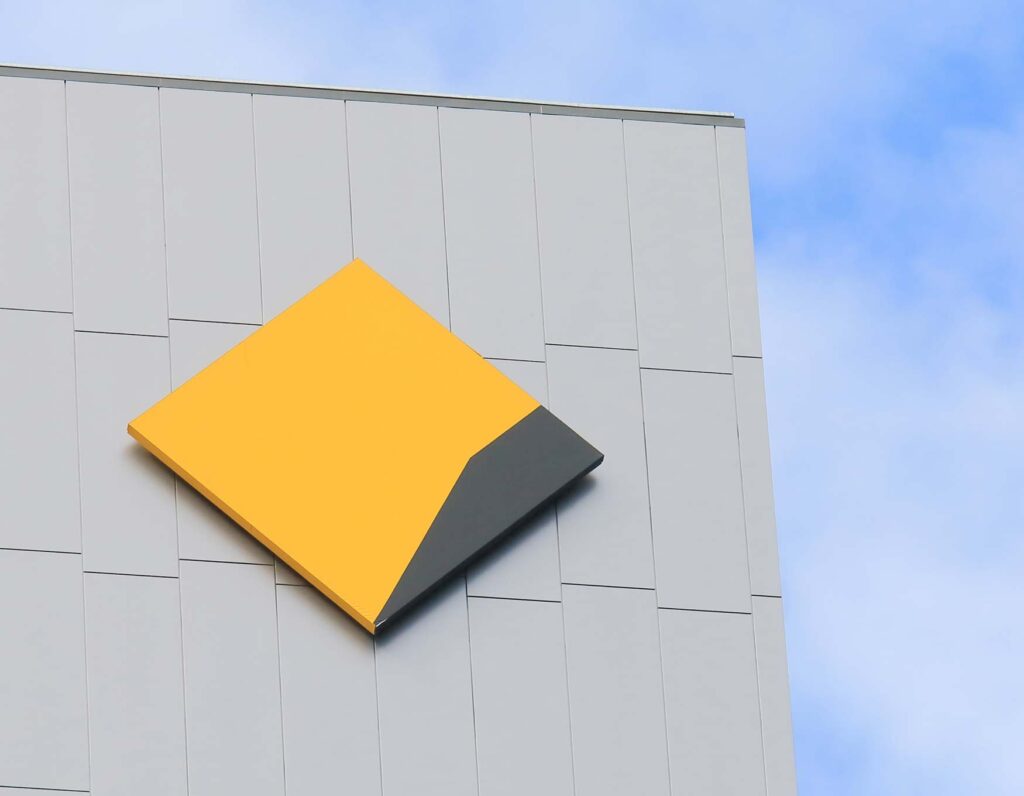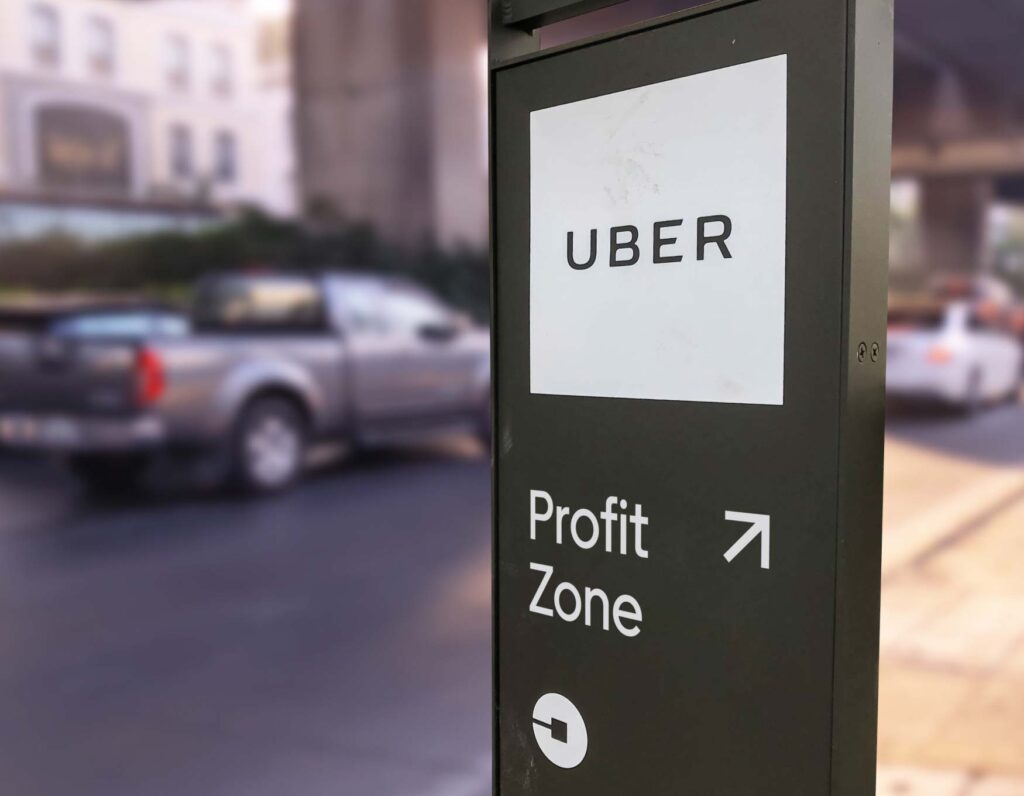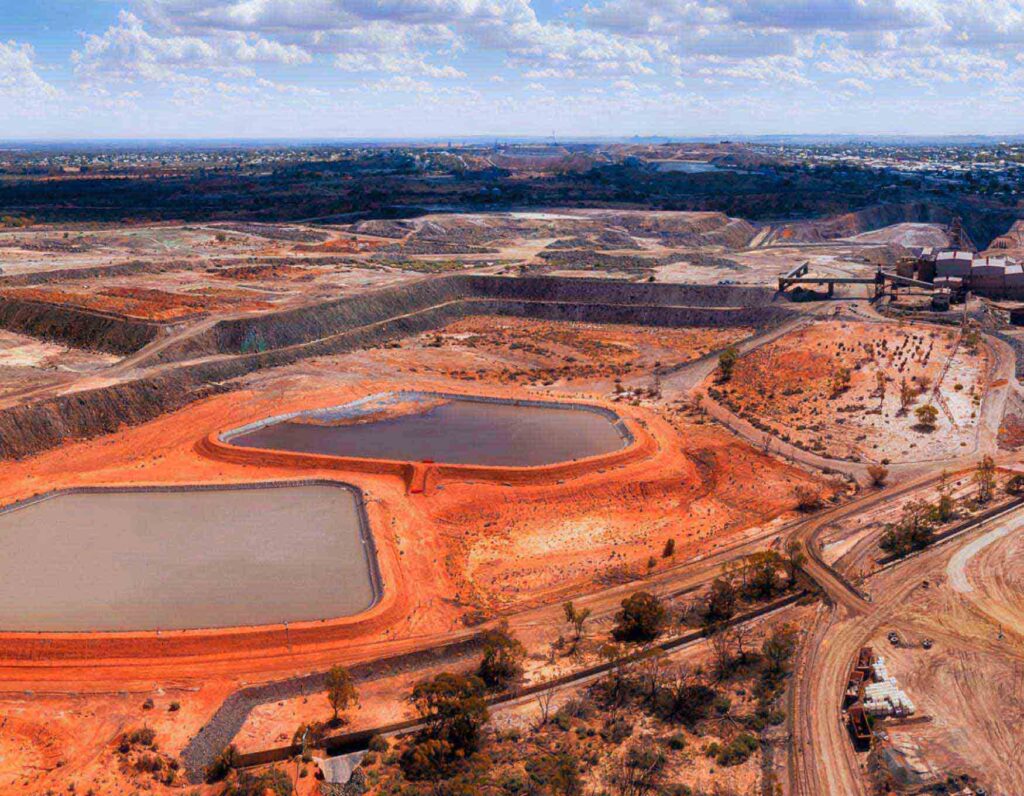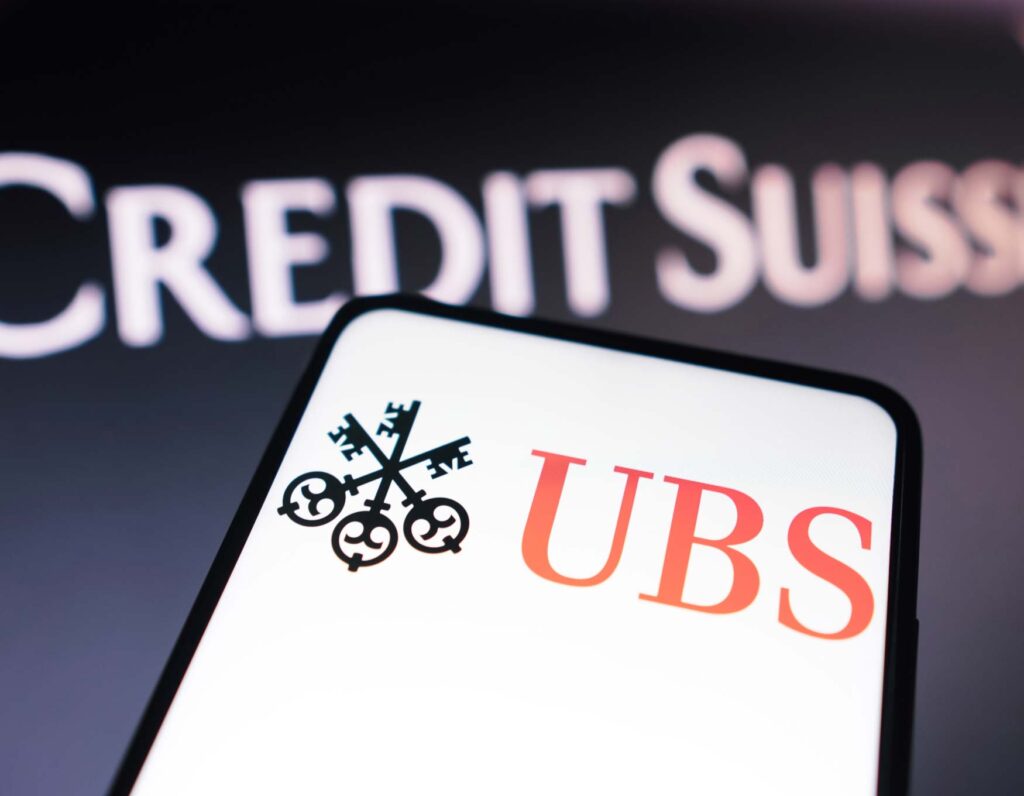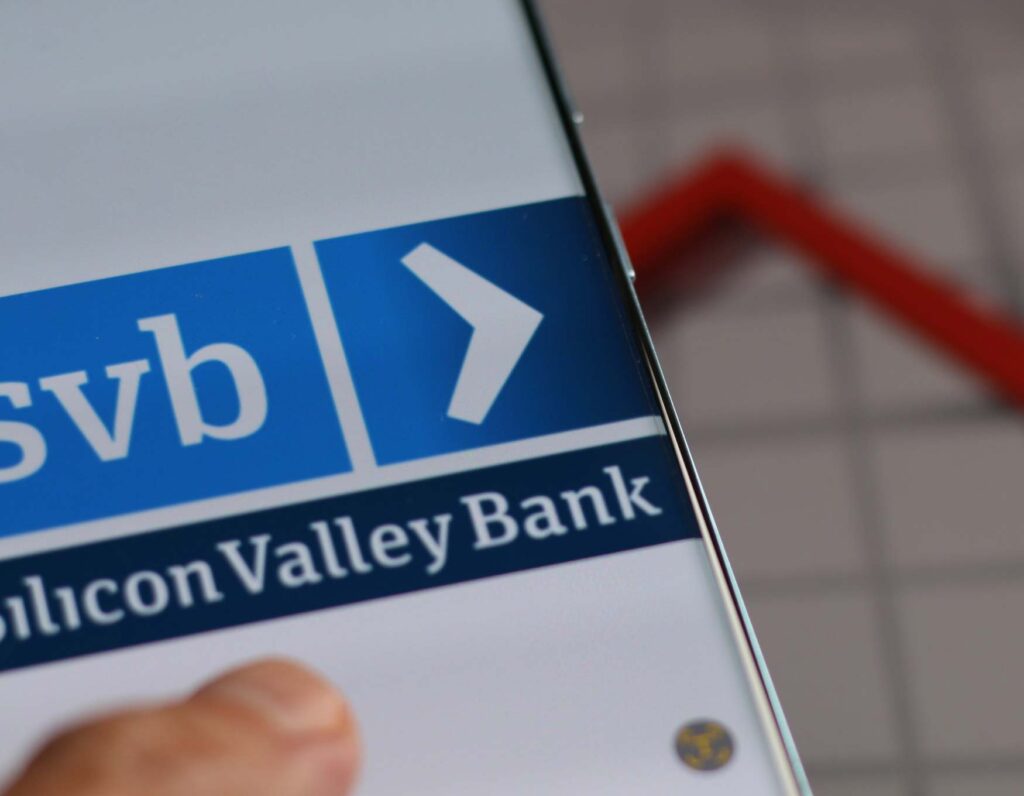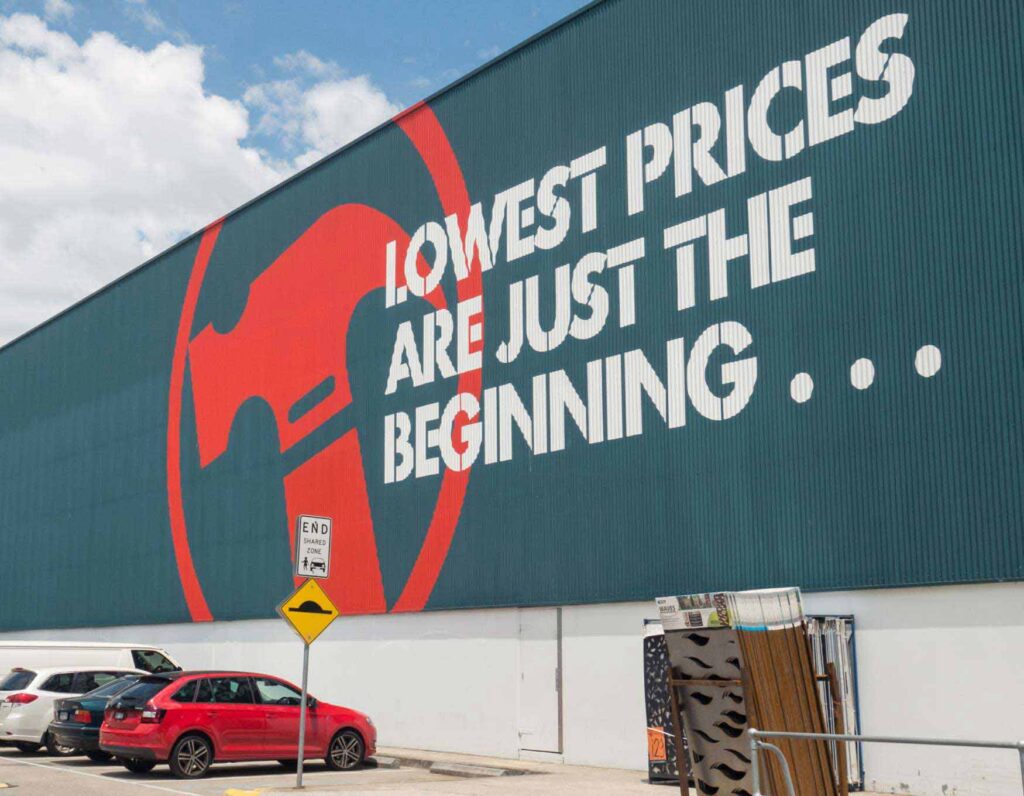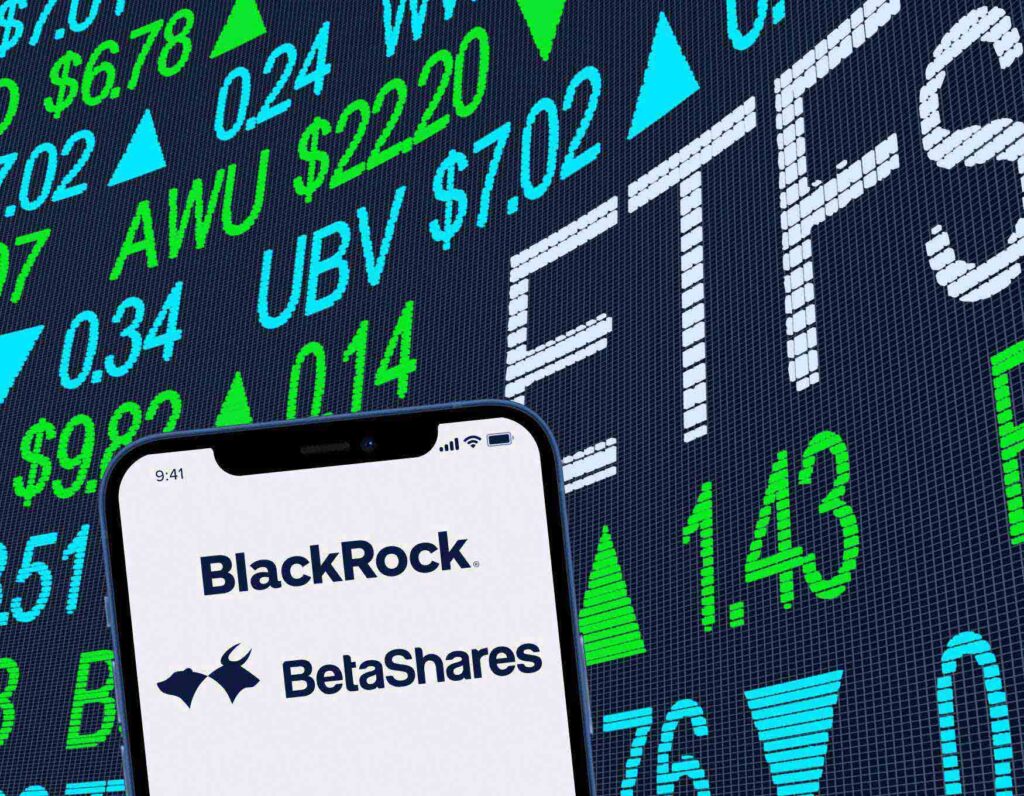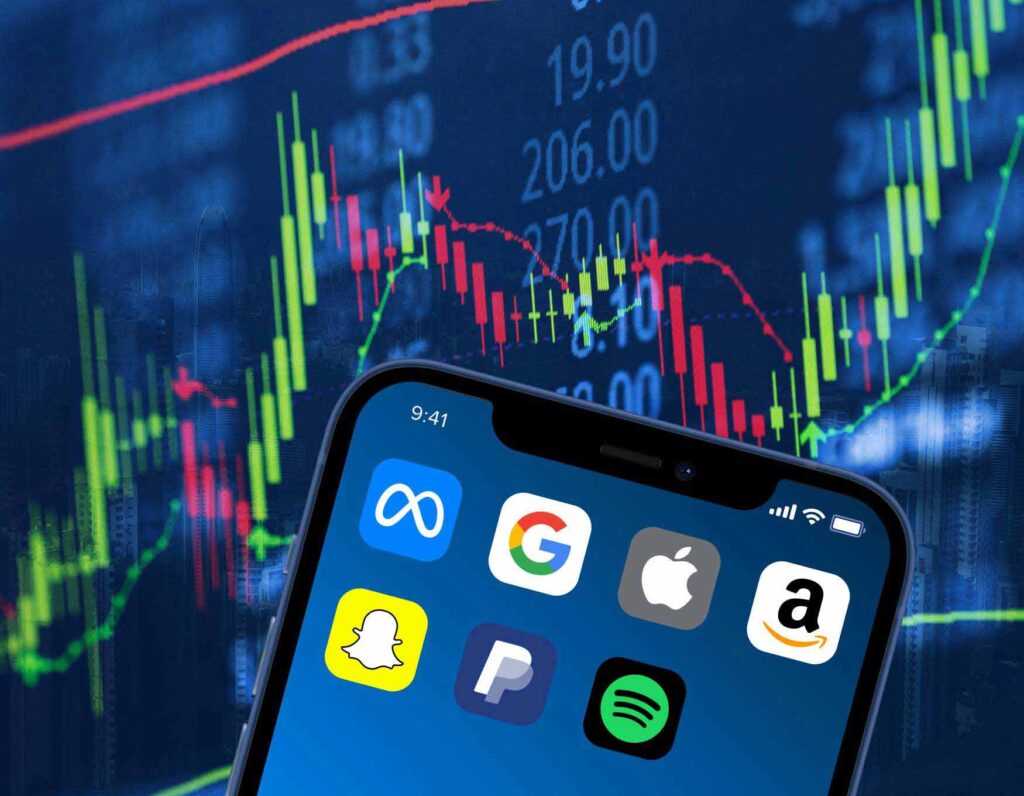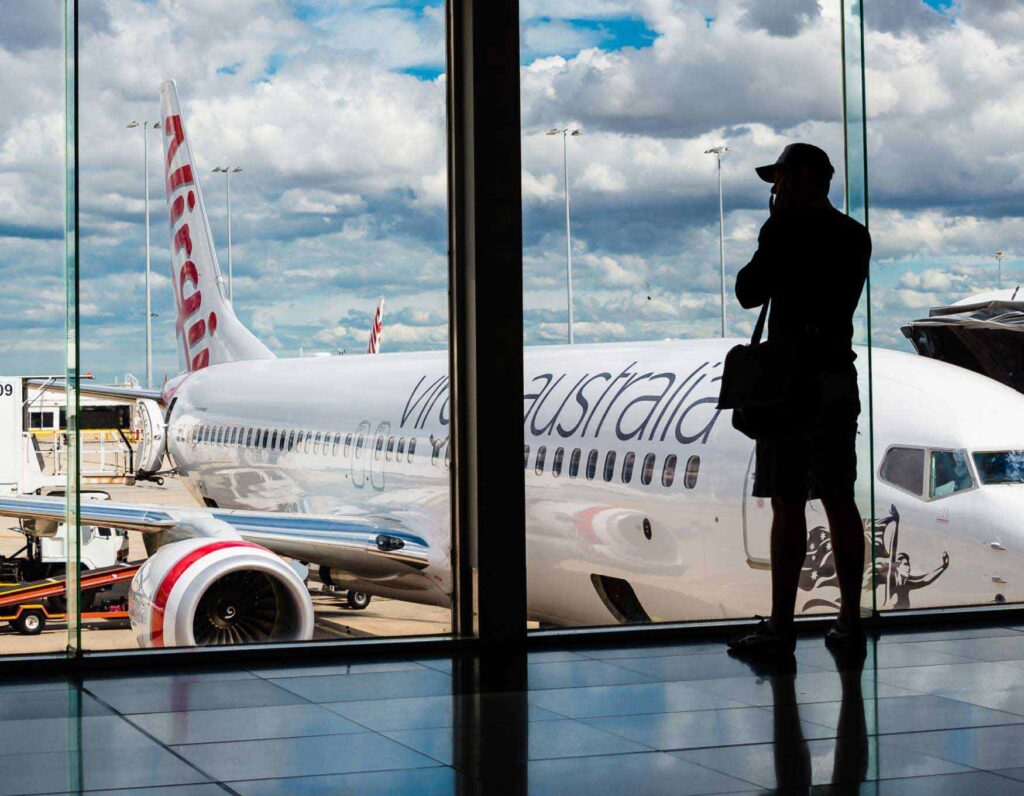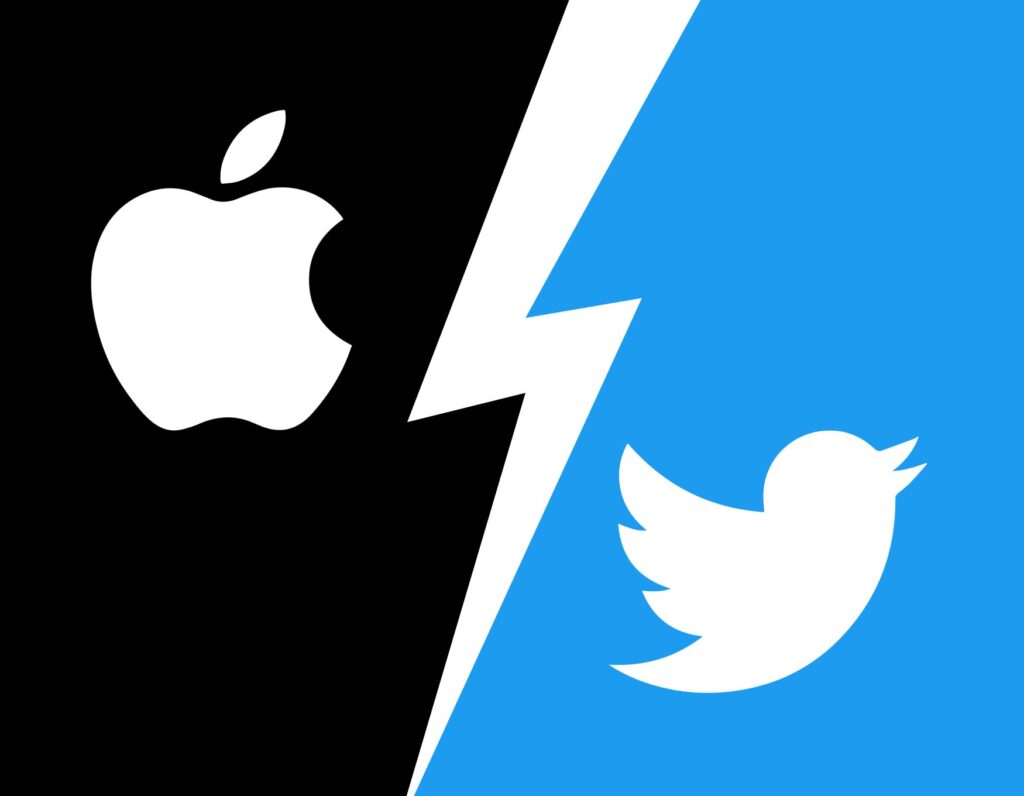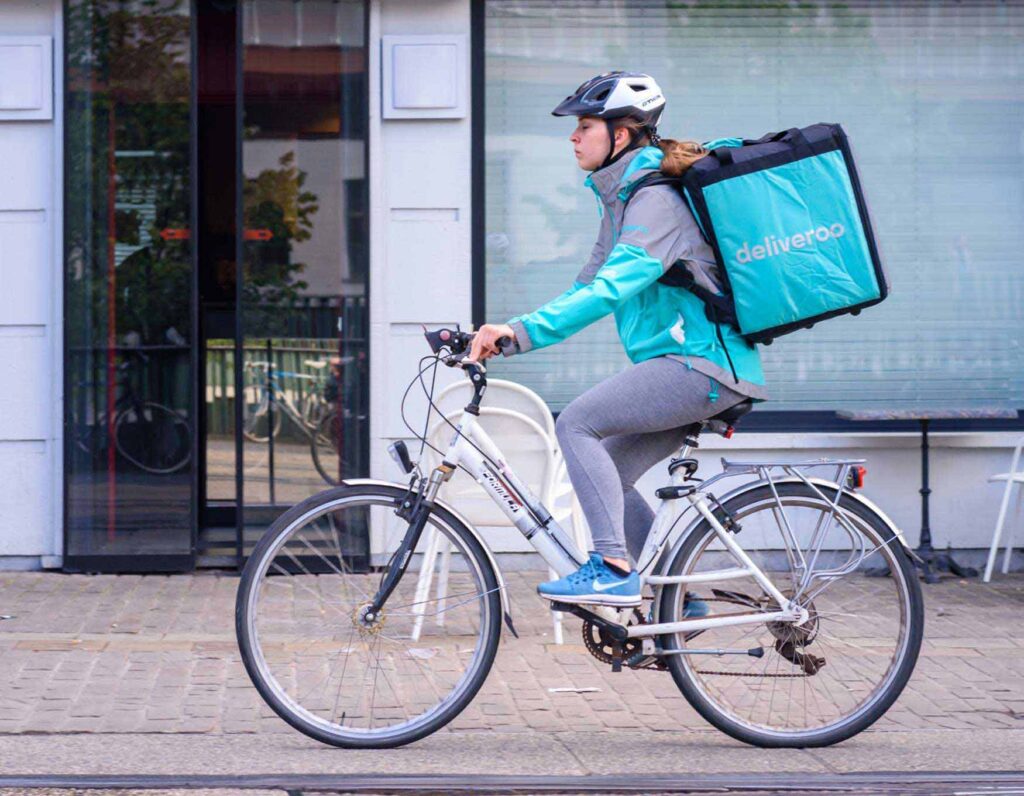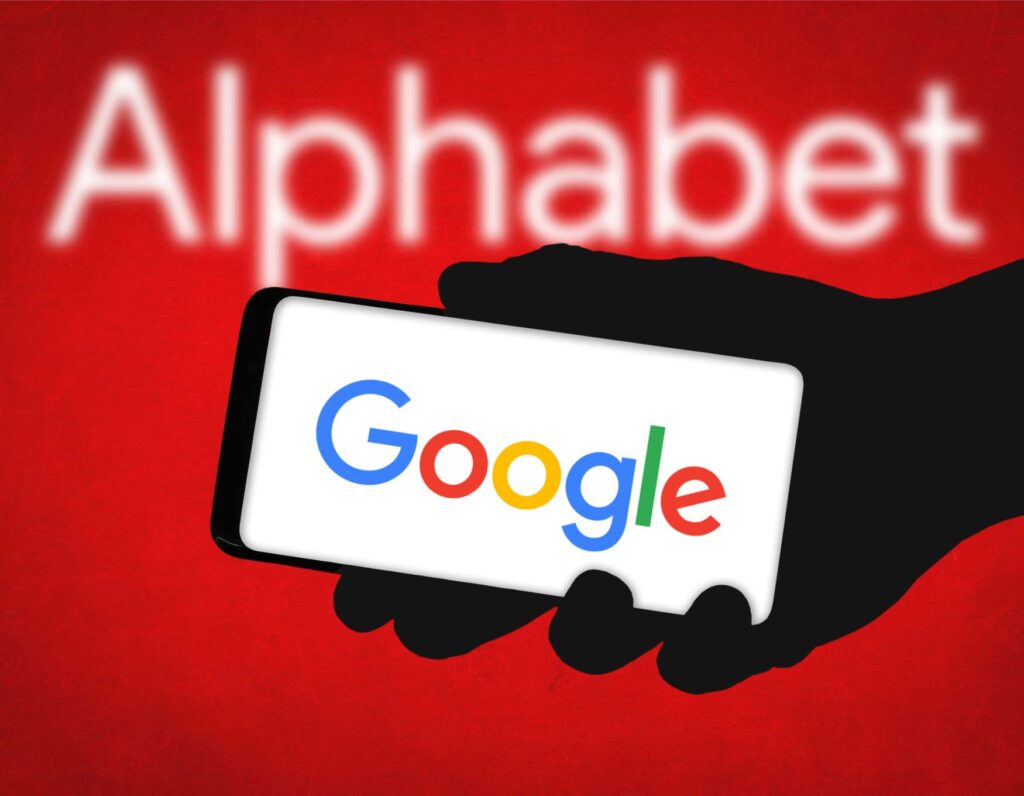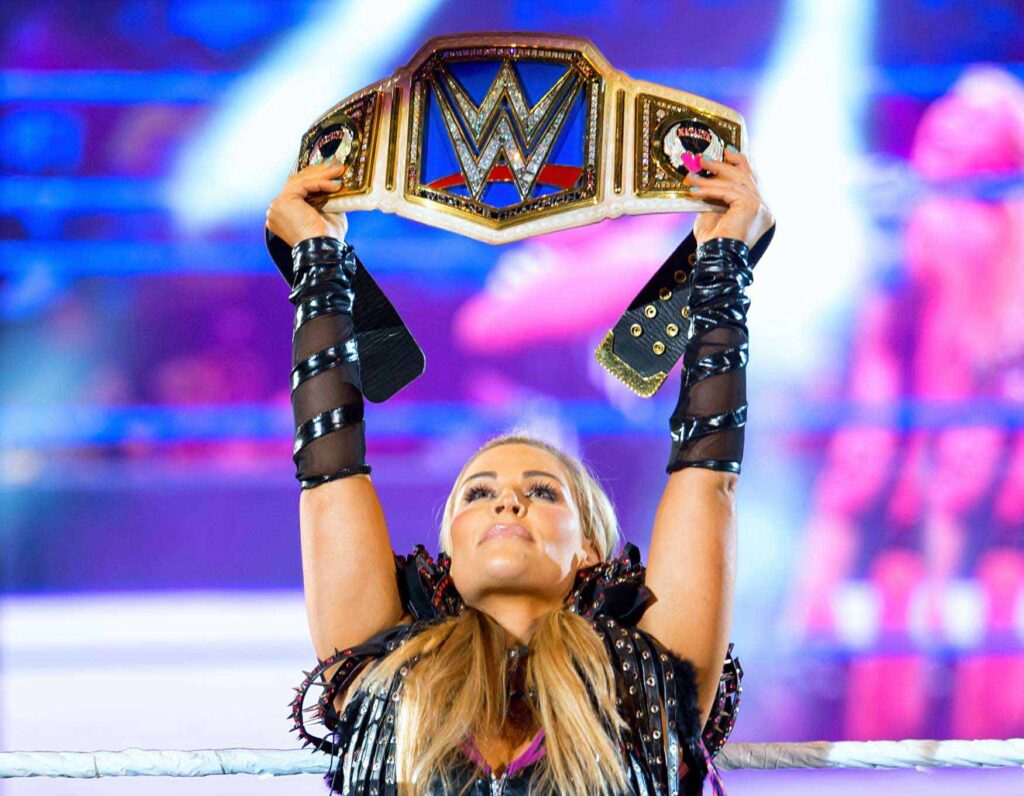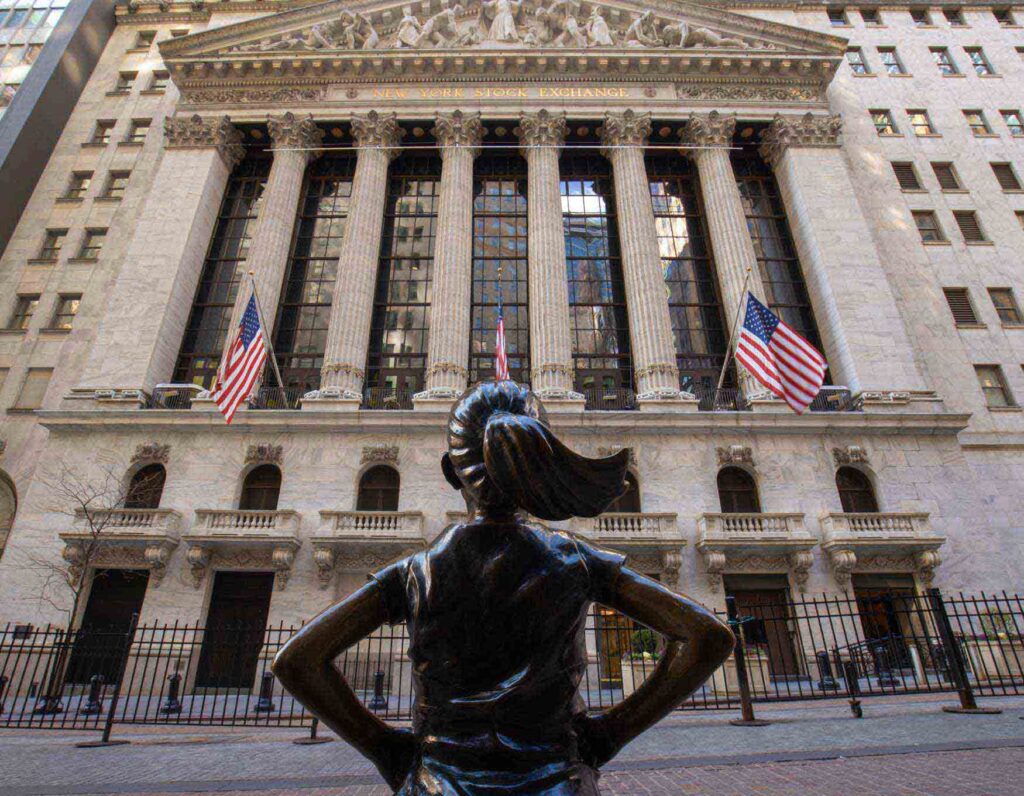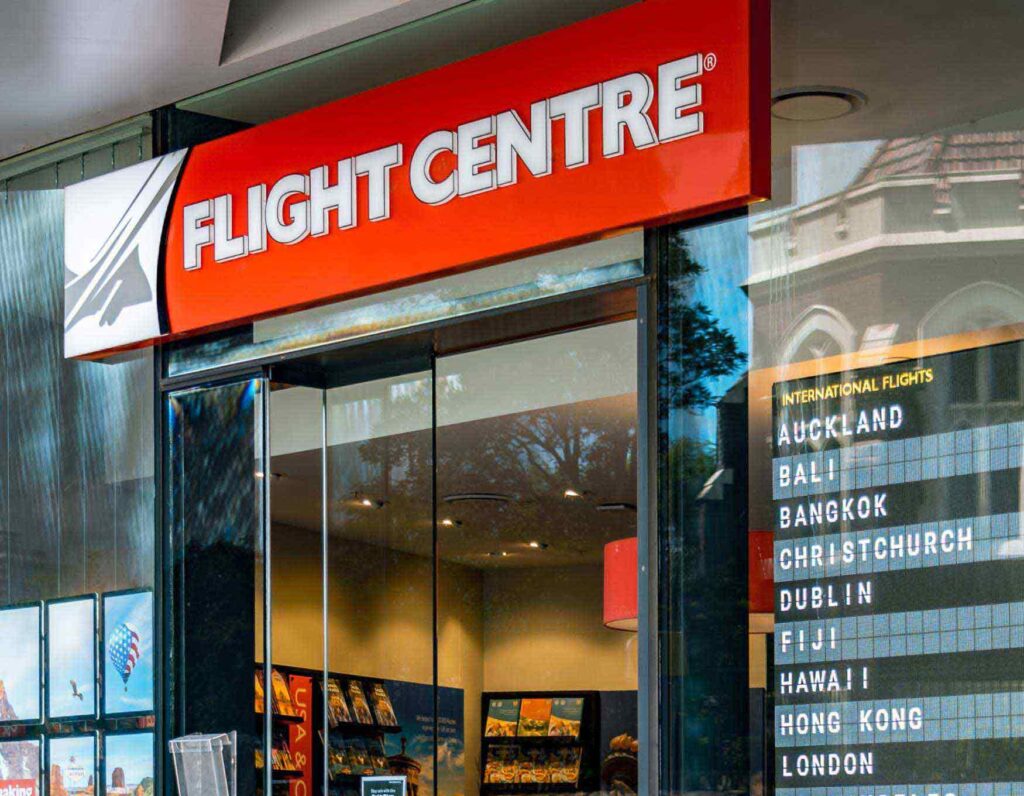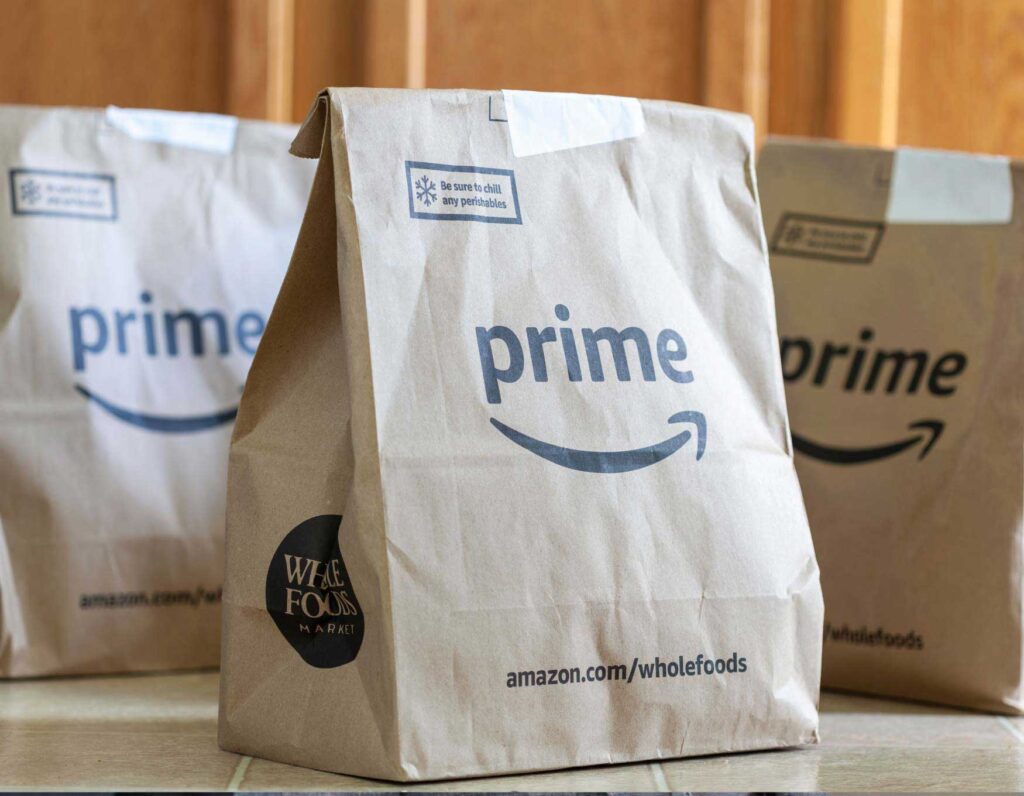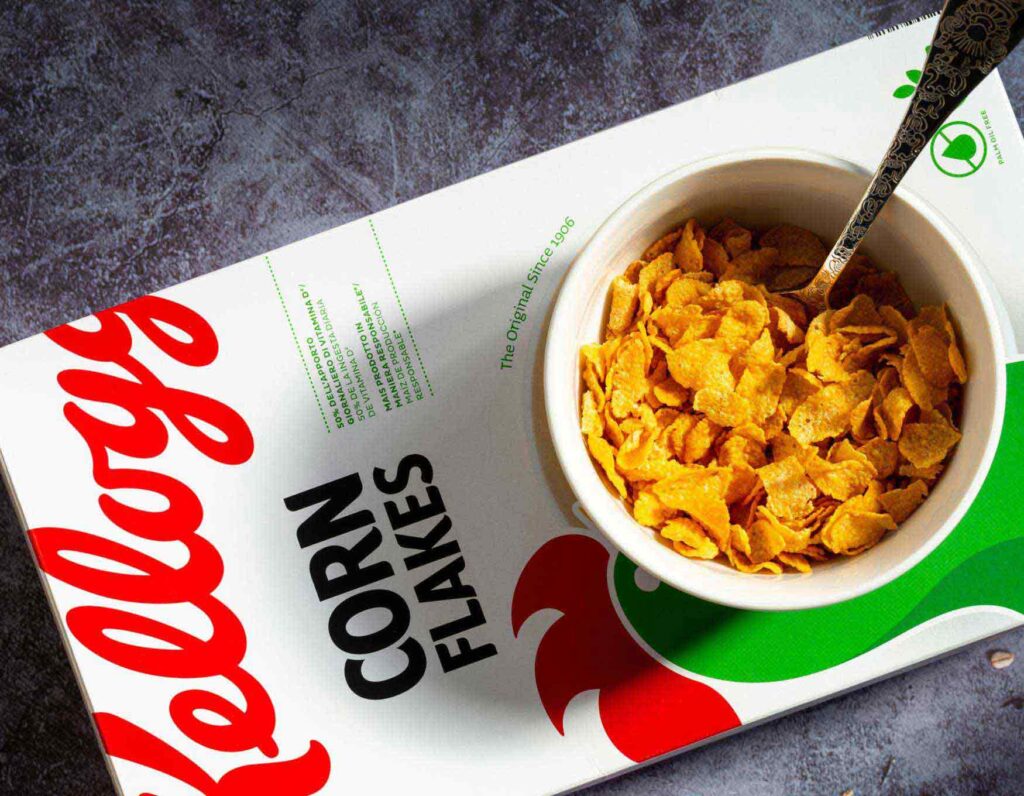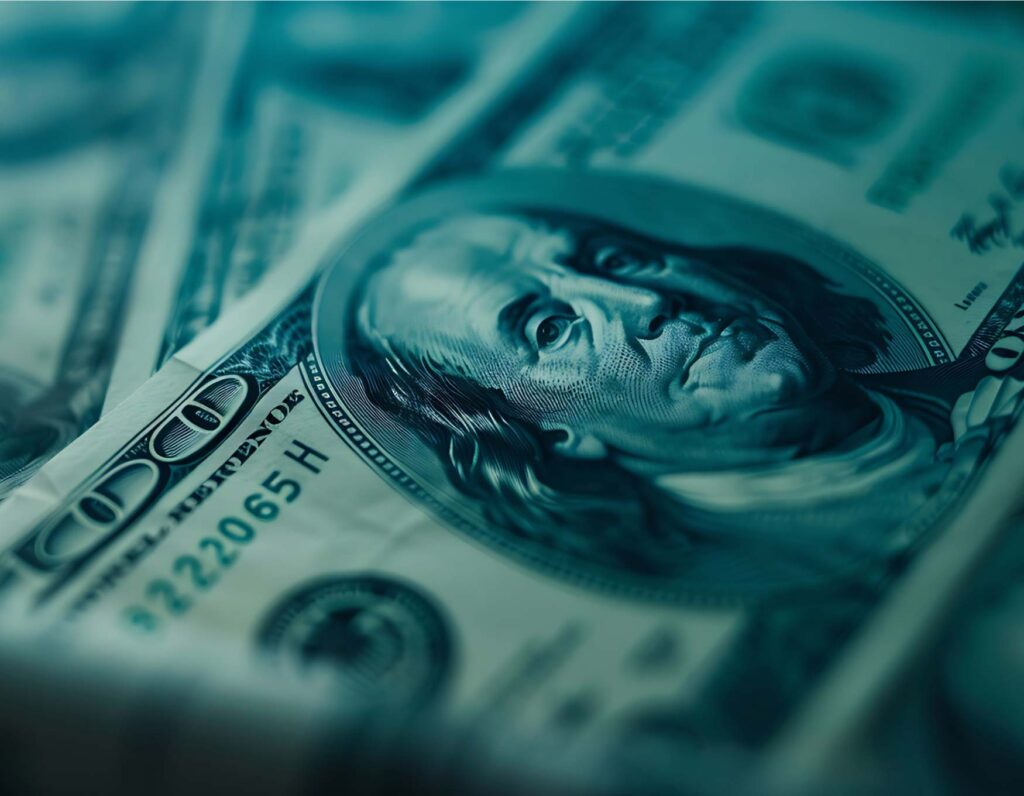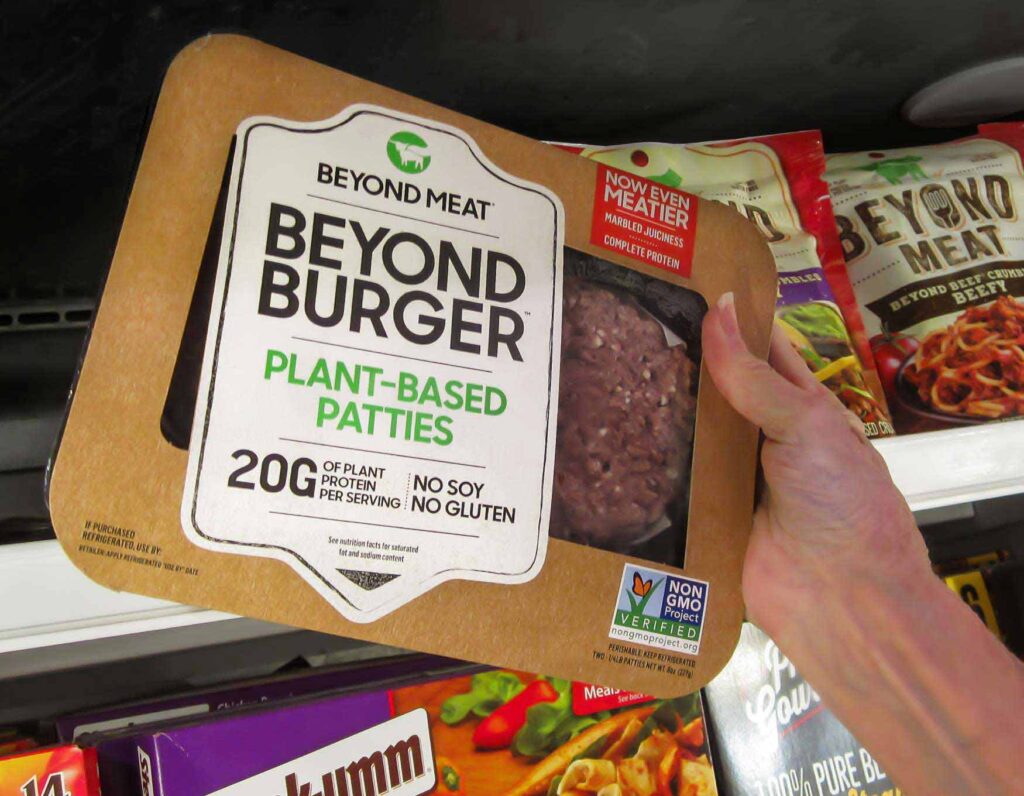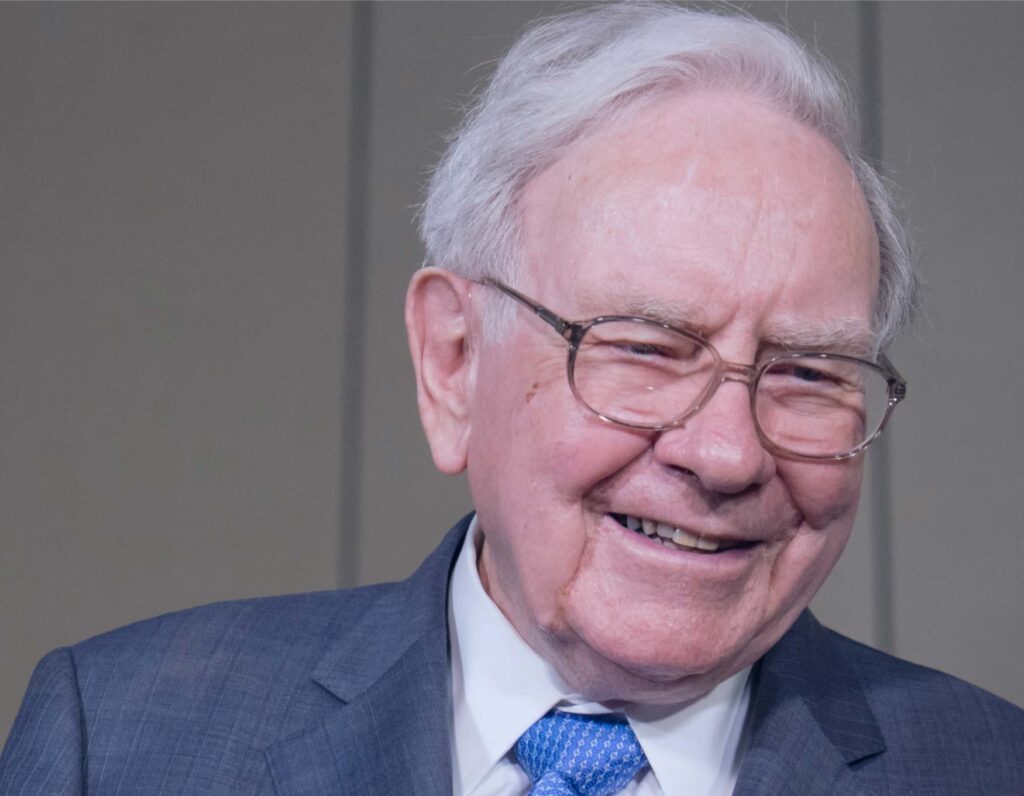Scan this article:
Hey Superheroes,
Cooling U.S. inflation may have taken global headlines, but this week we’ll be putting the entire Spotlight on Asia Pacific! After all, it’s where we call home.
If you didn’t know yet, FY 2024 earnings season is ramping up into full gear with some of our biggest ASX companies reporting this month.
Let’s jump in.
CBA pays out a massive amount of profits
Are you familiar with the metric “dividend payout ratio”? It’s the metric that shows the proportion of a company’s earnings that are distributed to shareholders as dividends.
A payout ratio of 30-50% is generally considered a healthy medium between profit distribution and retaining earnings to invest into the company’s growth – the S&P 500 averaged a payout ratio of 35% last month.
The ratio is especially important to banks, which literally operate in the business of money. Since the GFC, U.S. banks have lowered their payout ratios from an average of ~50% to between 20-30%.
So now knowing all that… would you believe that our homegrown Commonwealth Bank of Australia is paying out a hefty 79% of FY24’s cash profits as dividends?
✏️ Shrinking interest margins
CBA’s final dividend of A$2.50 a share beat average analyst expectations of A$2.41.
The payout comes despite CBA’s net interest margin (NIM) shrinking by 8 basis points to 1.99%. The NIM is a key figure for financial institutions, representing the difference between its interest earned and interest paid.
For reference, ANZ’s NIM in FY23 was 1.70%, Westpac’s was 1.95% and NAB’s was 1.74%. All three big banks release their full year reports around November.
🤔 Is CBA’s dividend sustainable?
A high dividend payout ratio can sometimes be a red flag for analysts, as it may indicate that the dividend is unsustainable and could increase liquidity risks by depleting the company’s cash reserves.
But CBA believes that it’s still acting conservatively – the big bank has noted it held an average of A$178B in liquid assets in Q4 2024, exceeding regulatory requirements at least 16%.
Additionally, FY24’s payout ratio may not shock long-term investors… CBA recorded a cash payout ratio of 88% back in FY19, and hopes to maintain it at a level between 70% to 80%.
And once again for reference, the cash dividend payout ratios of the other three big banks in FY23 were: ANZ at 71%, Westpac at 68% and NAB – 68%.
📊 Concerned about valuation?
CBA rallied over 5% in the last week and is now up 21% year-to-date.
Interestingly however, CBA had paused its A$1B share buyback program in recent months, only buying back a total of A$300m.
Analysts have questioned whether it was because the company itself thought that its shares were too expensive. CBA’s CFO merely responded to it with “It wouldn’t be fair to conclude that.”
🔦 Some other things we’re shining the Spotlight on:
- JB HIGH FIVE: JB Hi-Fi may have reported 16% lower net profits for FY24, but that didn’t stop its shares from jumping over 8% this week. Analysts believe it’s because the retailer did much better than the market expected. Other ASX-listed retailers including Super Retail Group and Harvey Norman saw their shares rise alongside JB Hi-Fi’s.
- CSL WOES: CSL may have guided for a double-digit earnings increase for the next five years, plus increased dividends to a new high, but stocks still fell following its report. Experts believe that investors are concerned about one of CSL’s acquisitions two years ago – the iron deficiency company it bought for A$17.8B doesn’t look to be performing as hoped.
- UNREALISTIC POSITIVITY: ASIC sued the ASX this week after allegations of misleading statements around the latter’s Clearing House Electronic Subregister System (CHESS) project. According to ASIC, the ASX’s statements of “on-track for go-live” and “progressing well” in 2023 were not reflective of what was actually happening.
Both U.S. quarterly earnings season and ASX full year earnings season are continuing on to next week.
Keep up to date on the markets by following us on Instagram, @superheroau!

Become a part of
our investor community
Why you should join us:
- Join free and invest with no monthly account fees.
- Fund your account in real time with PayID.
- Get investing with brokerage from $2. Other fees may apply for U.S. shares.
Read our latest articles
Make knowledge your superpower and up your skills and know-how with our news, educational tools and resources.


